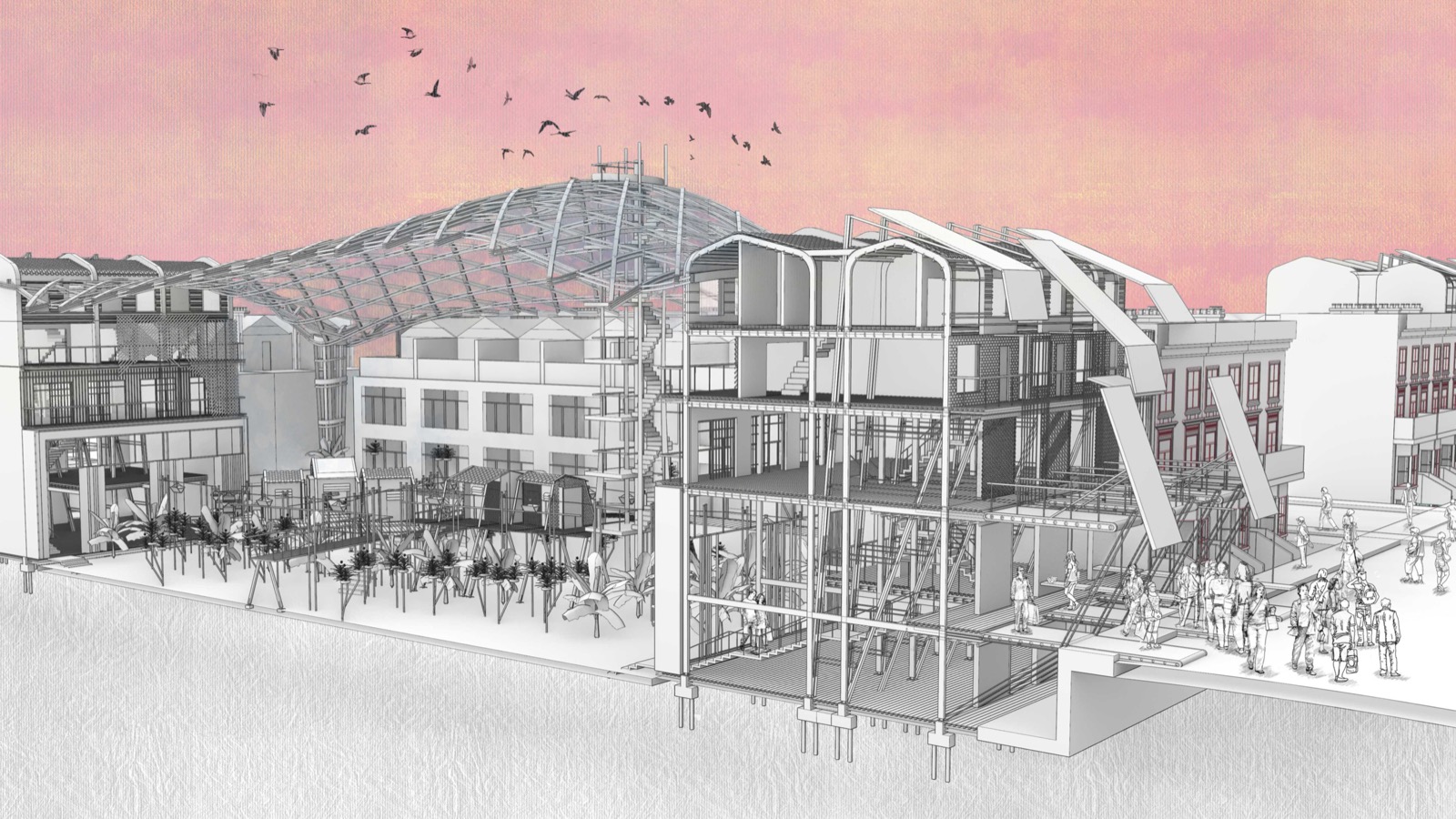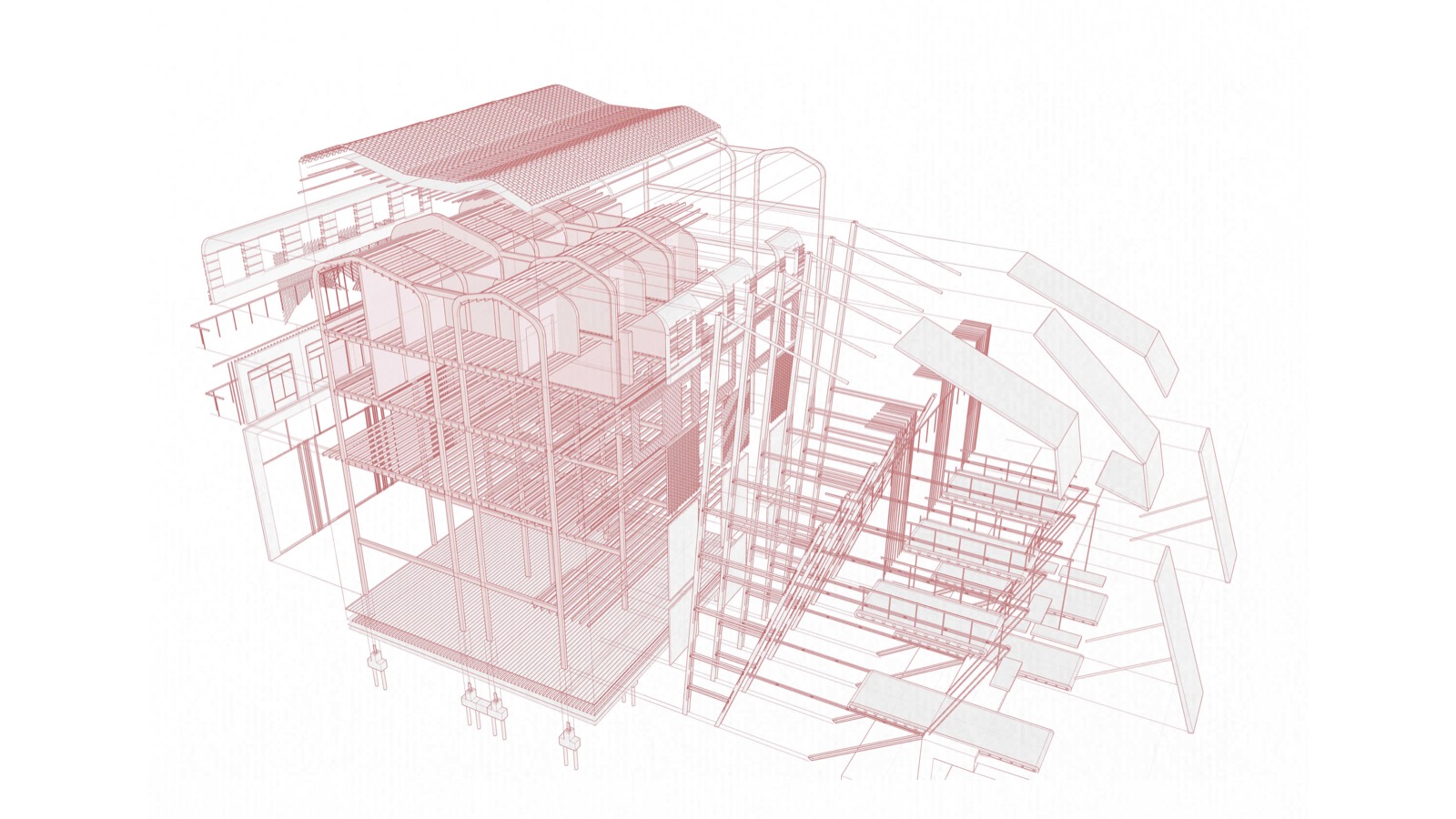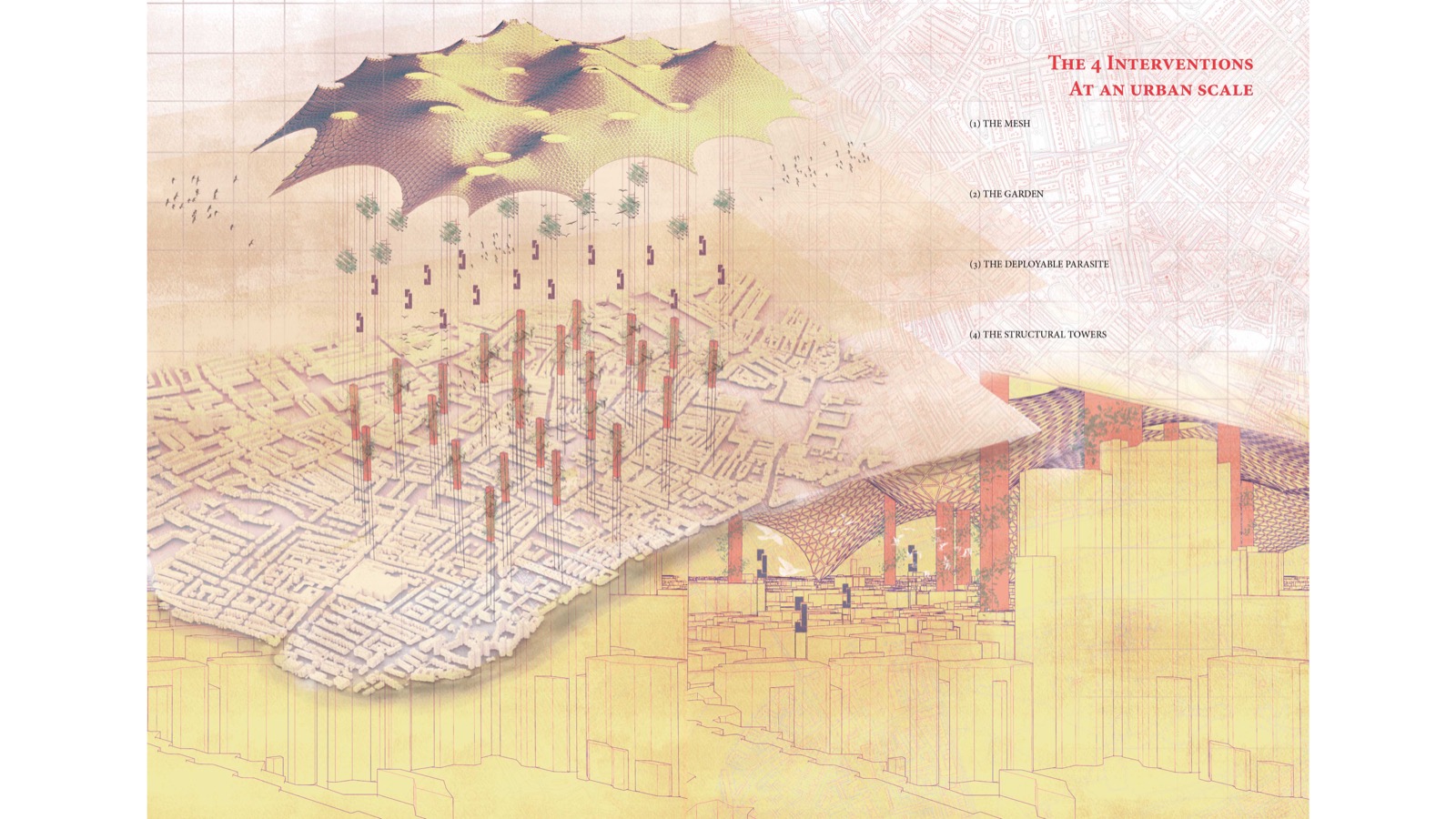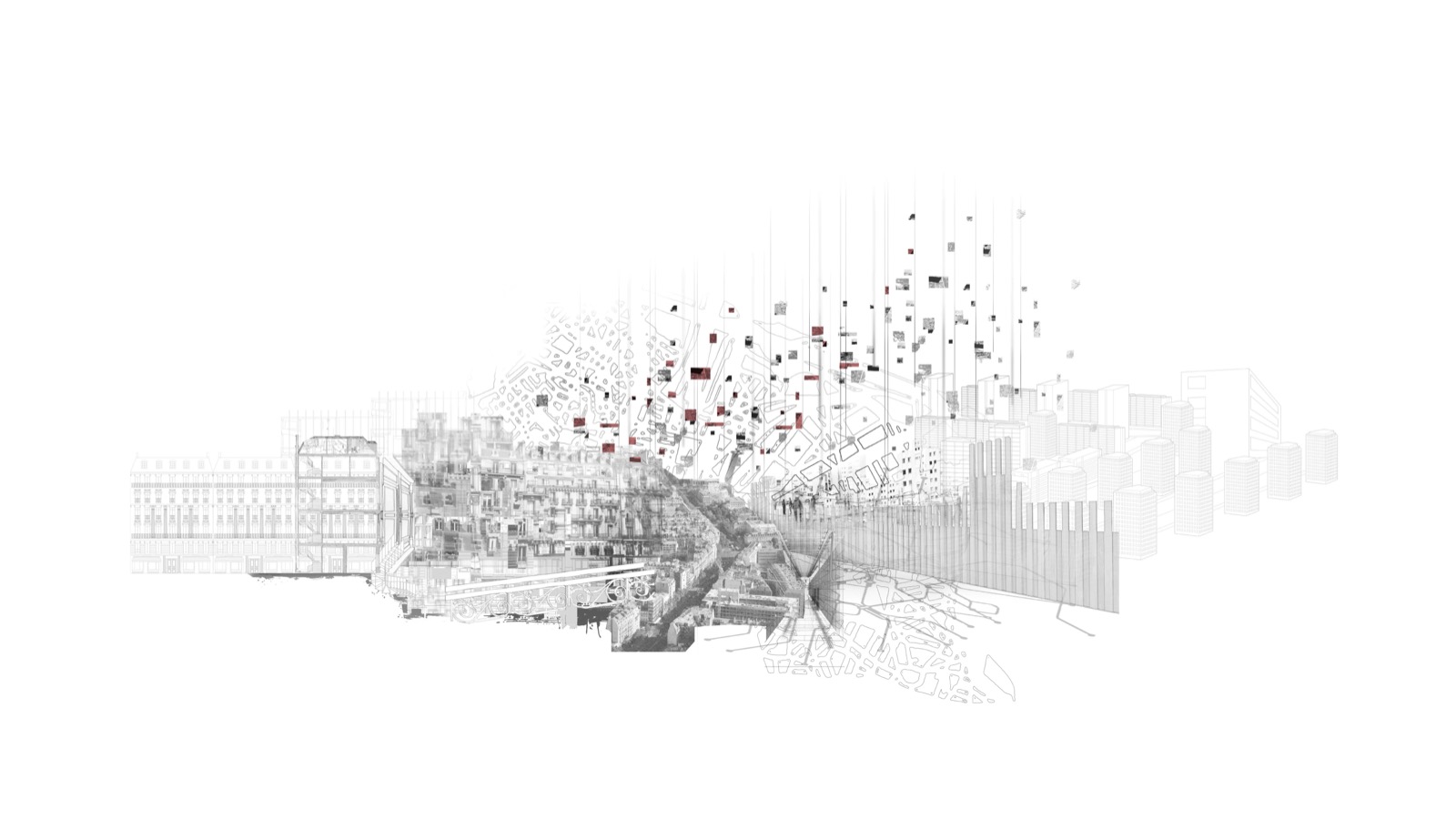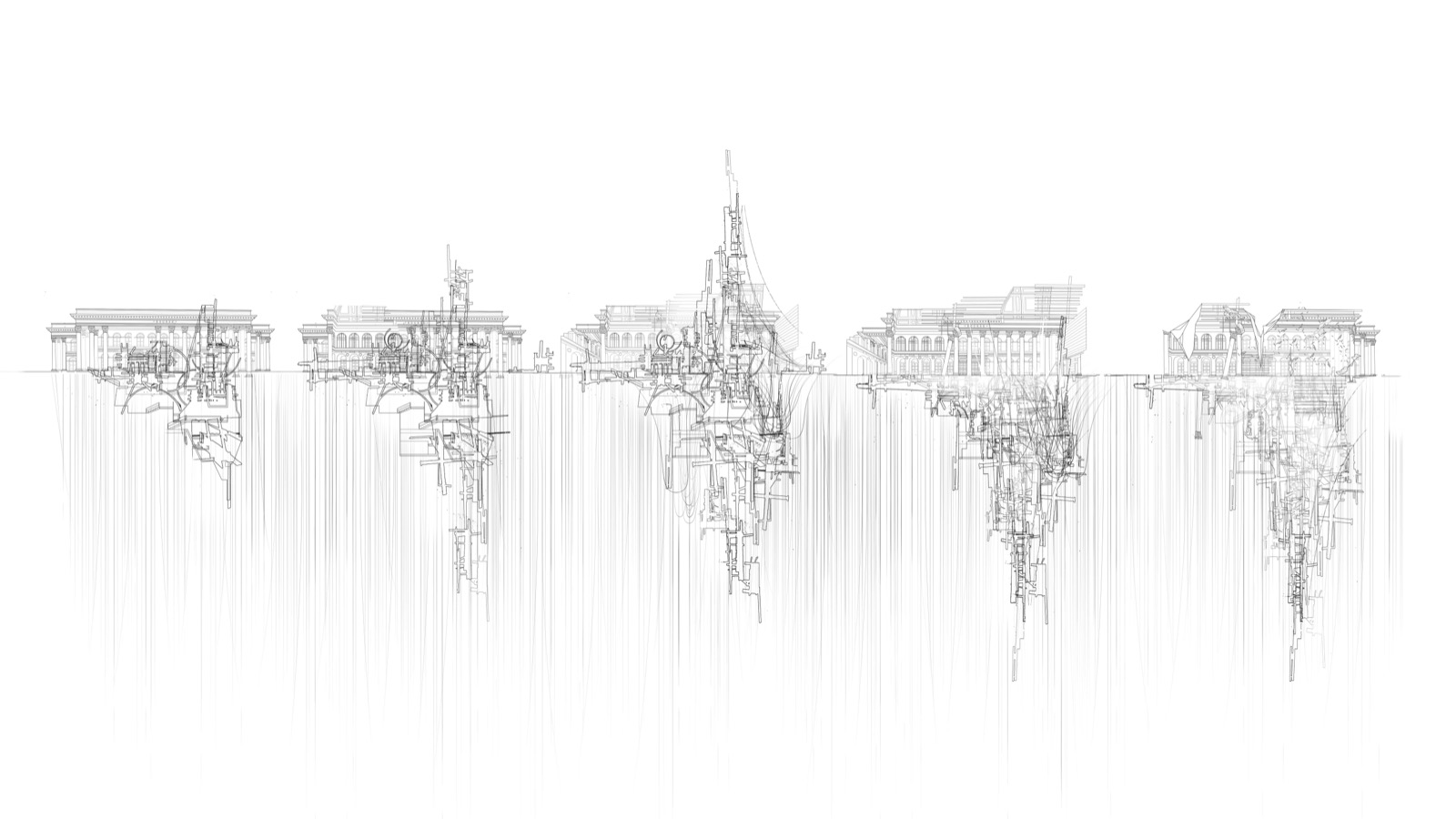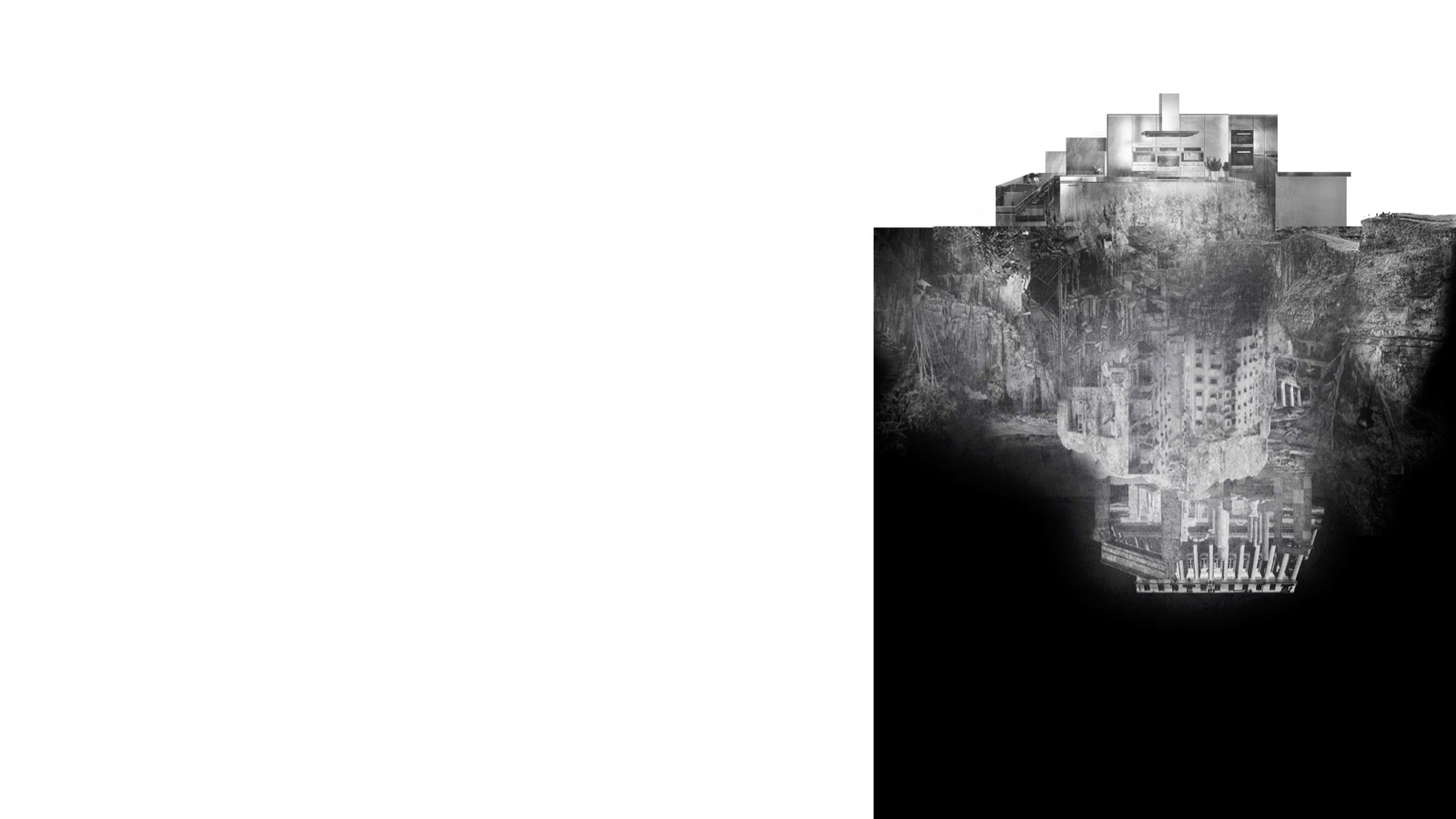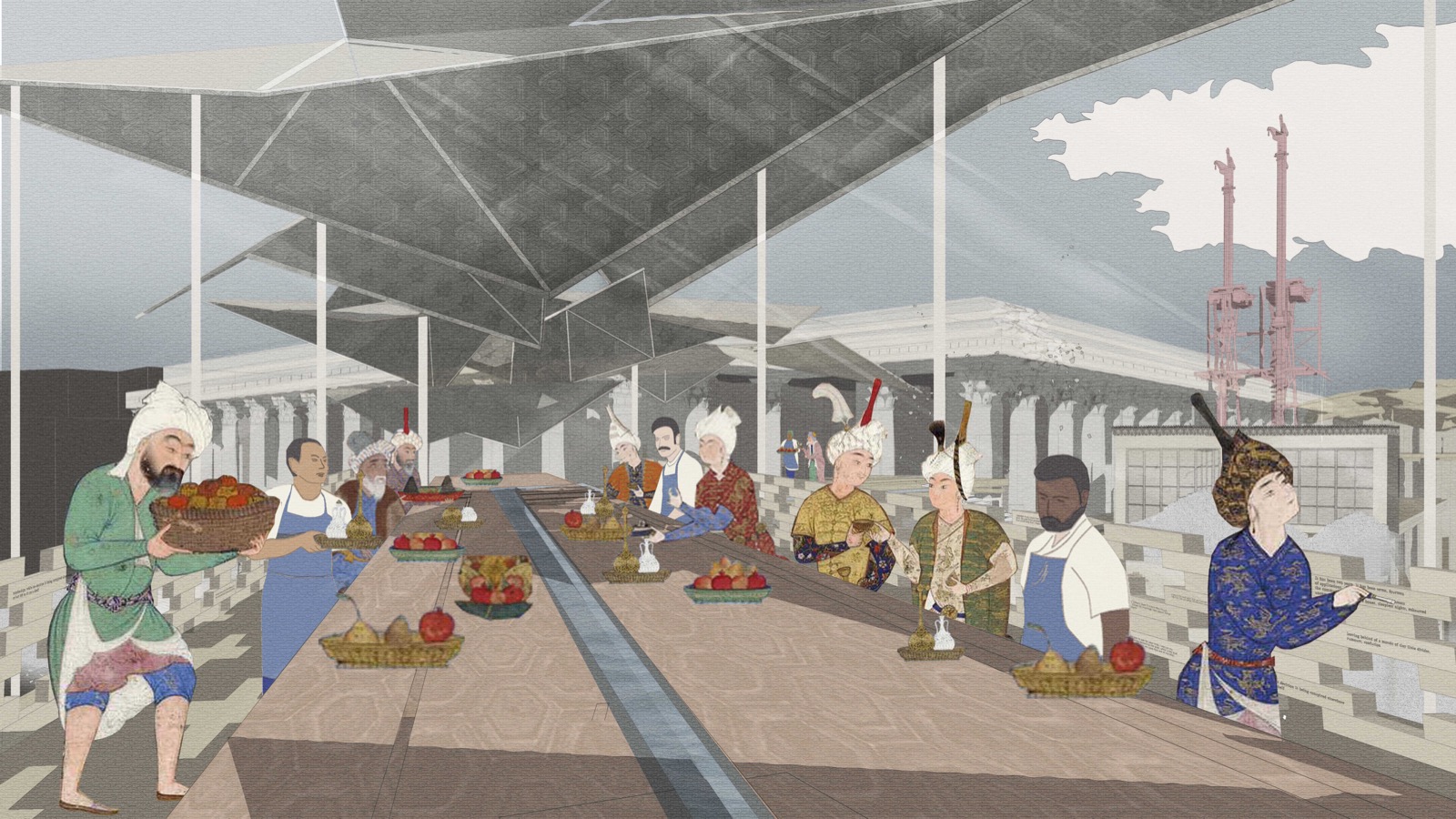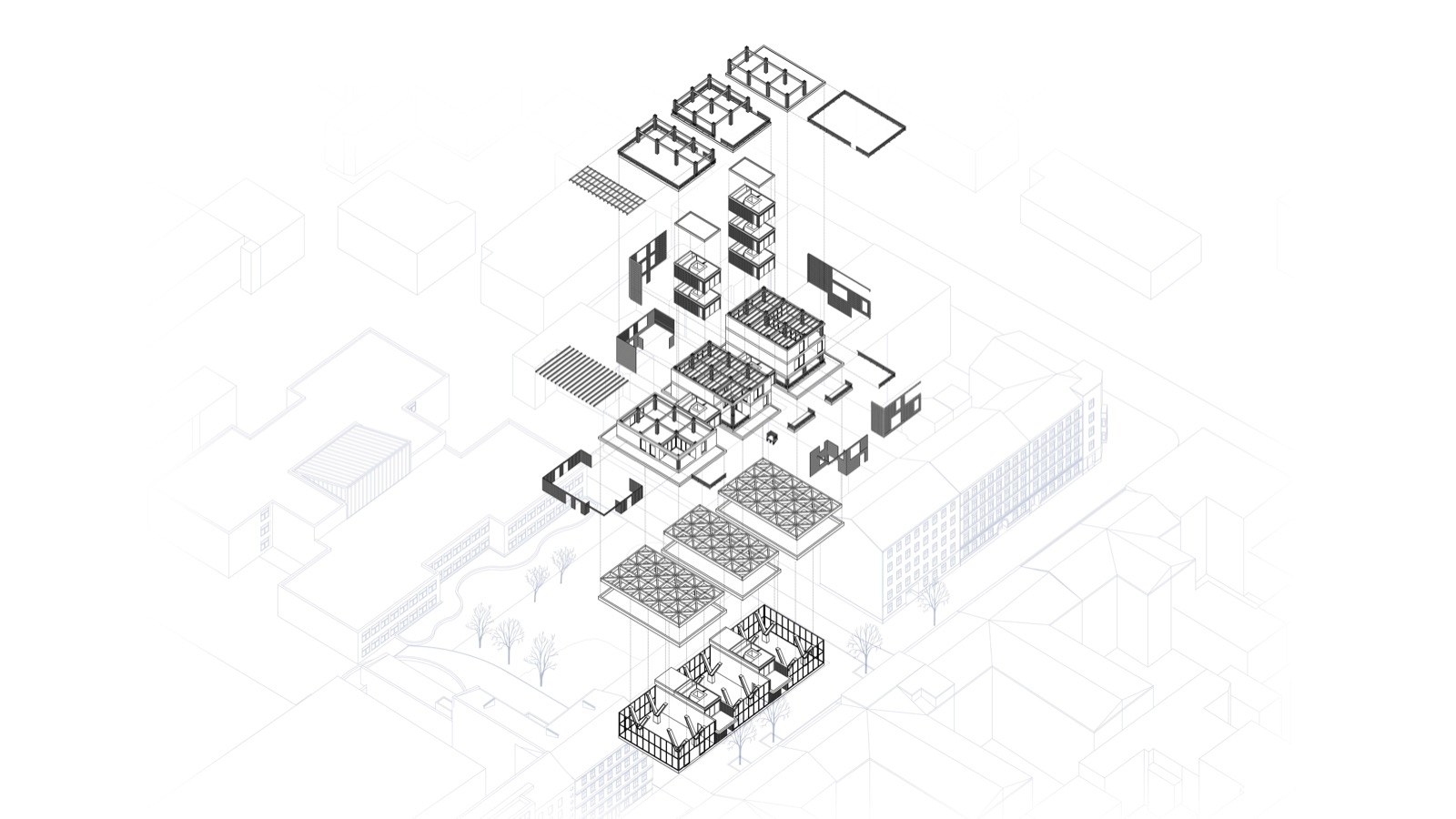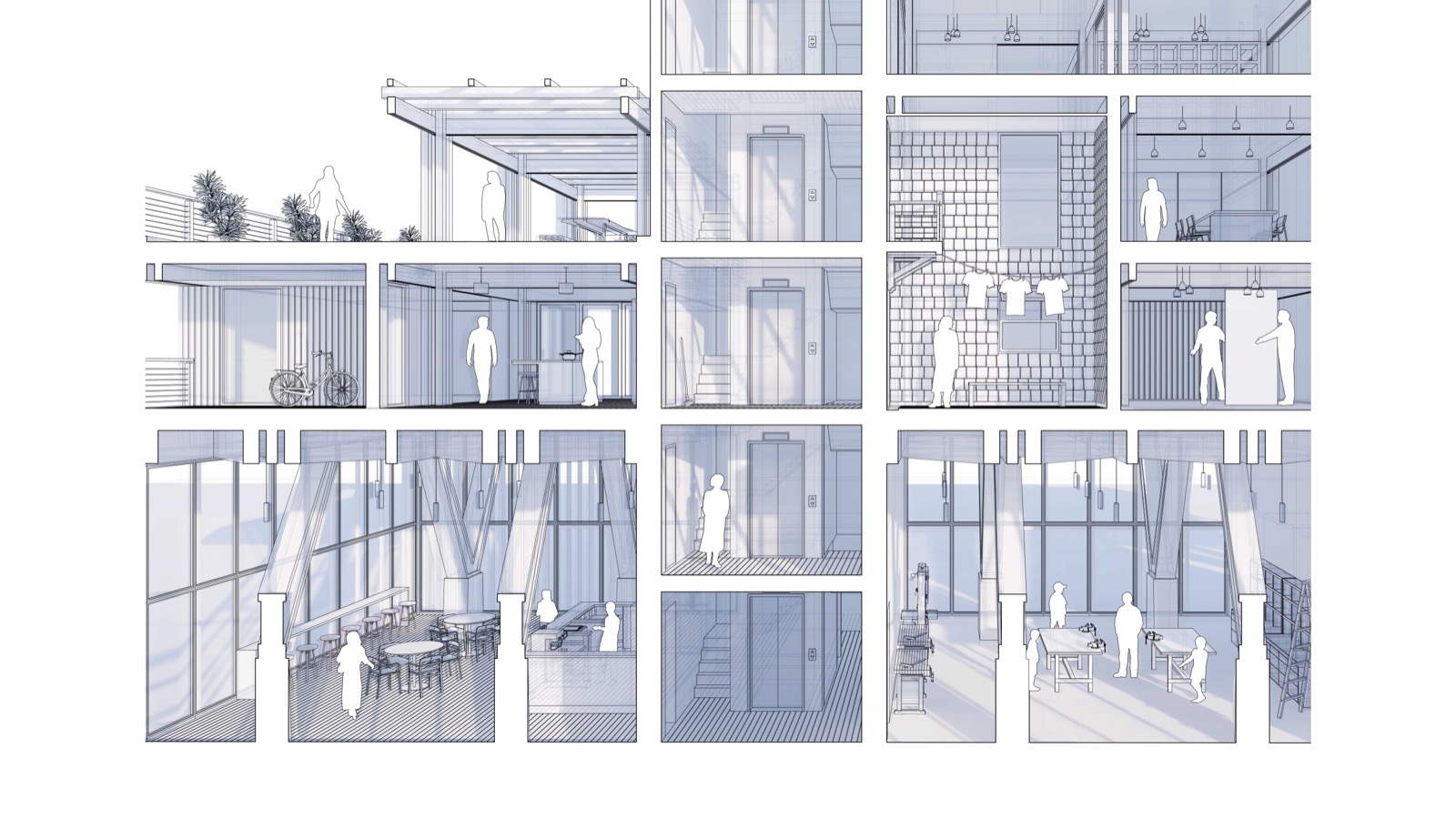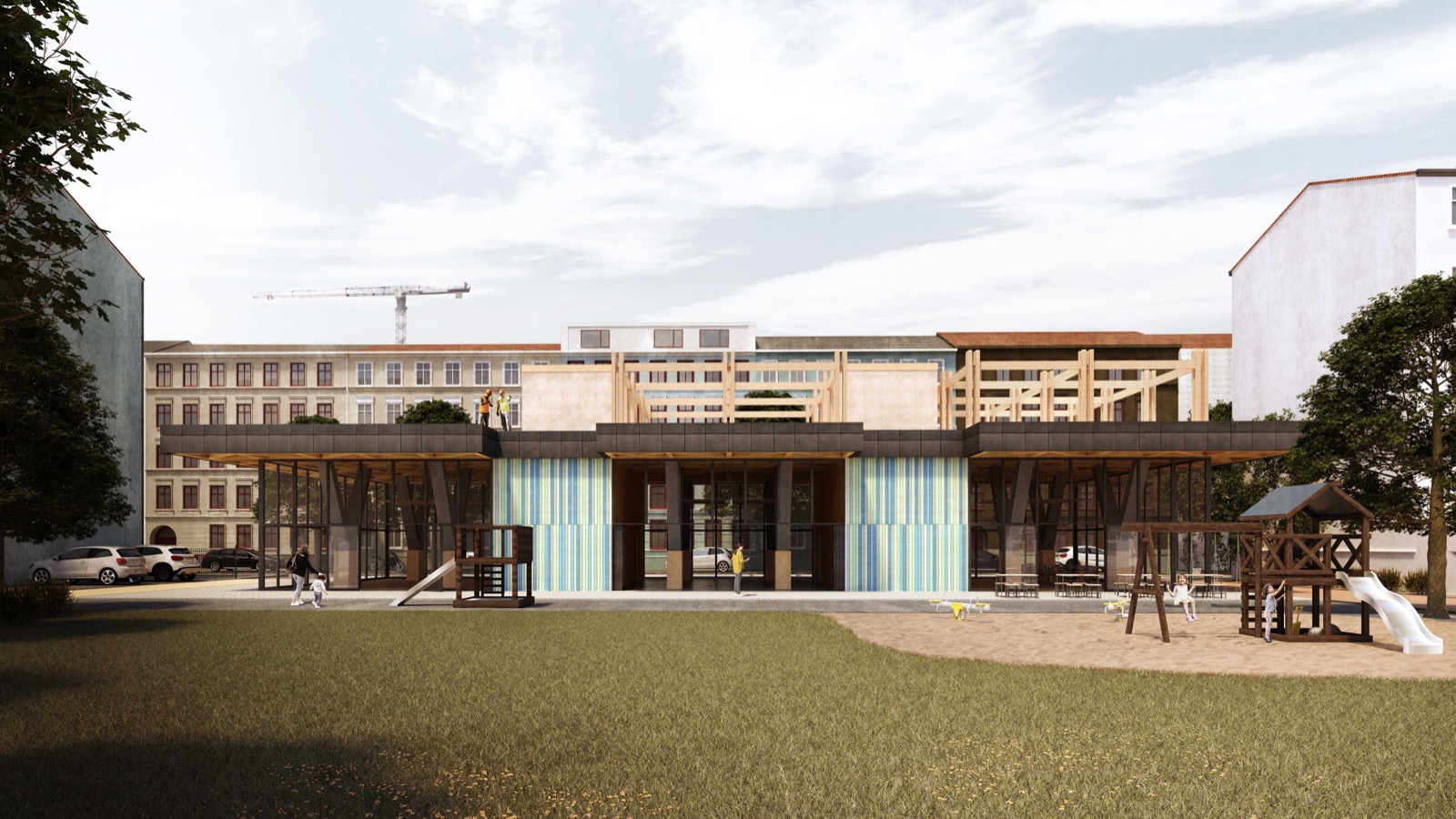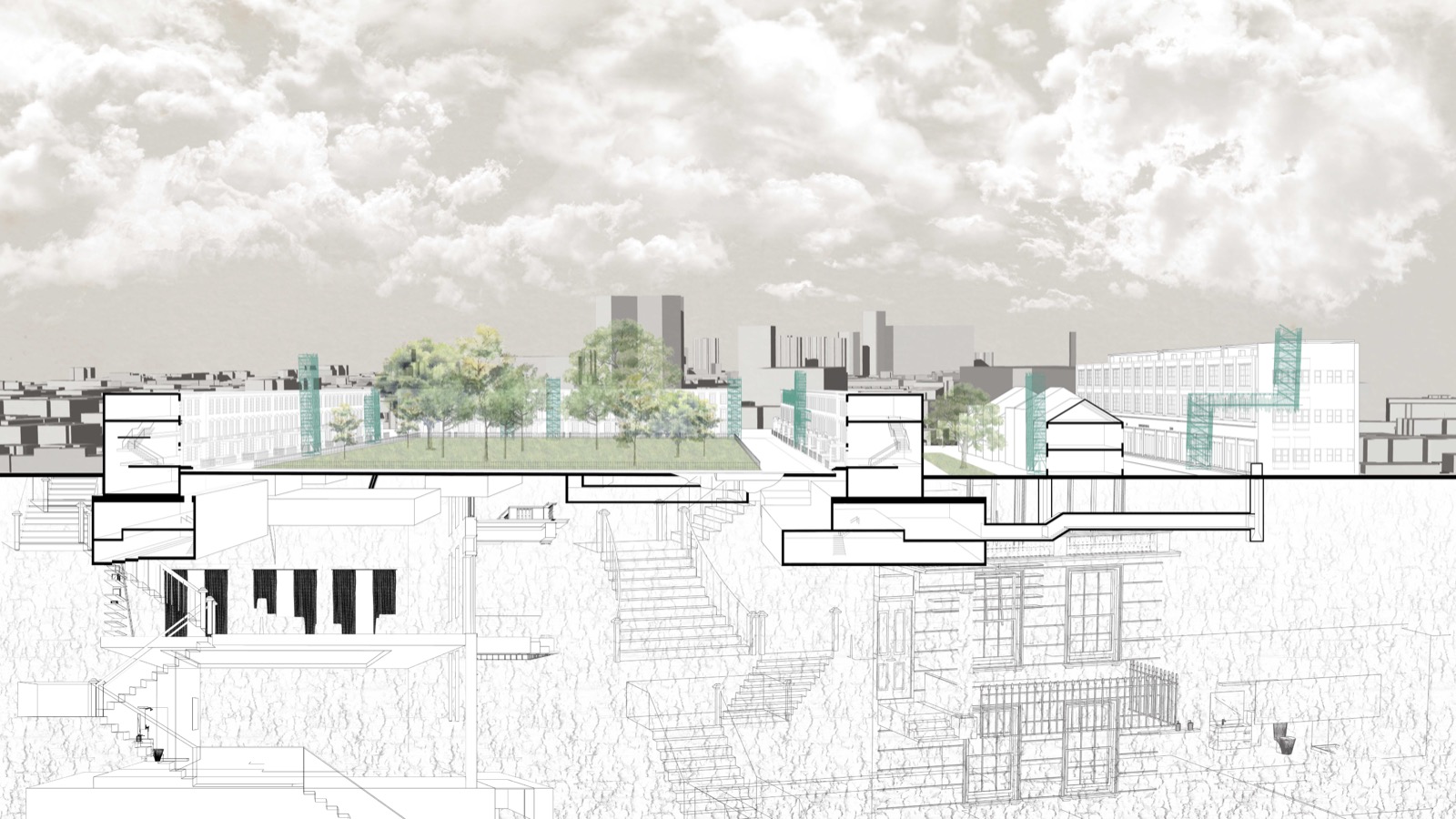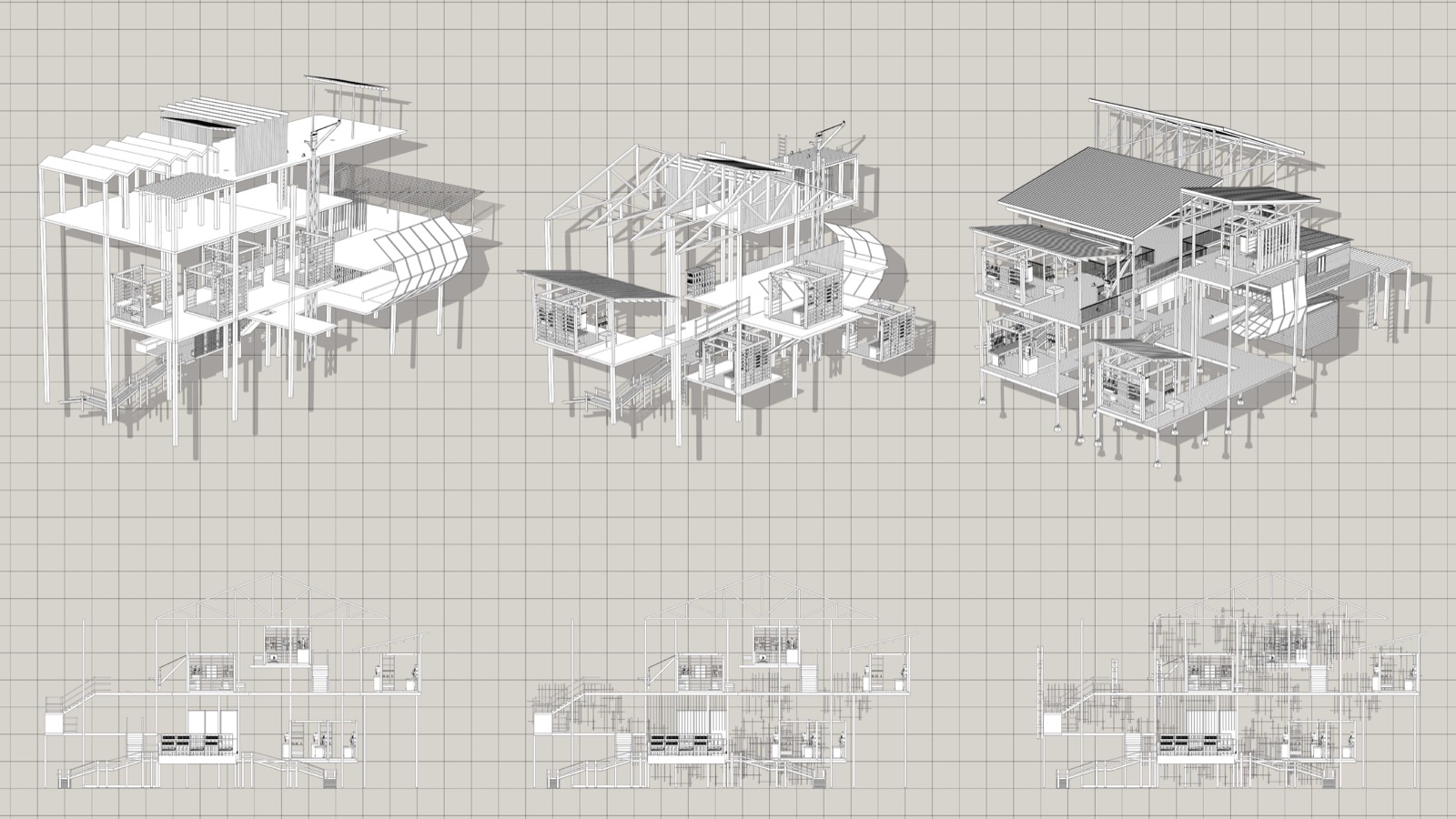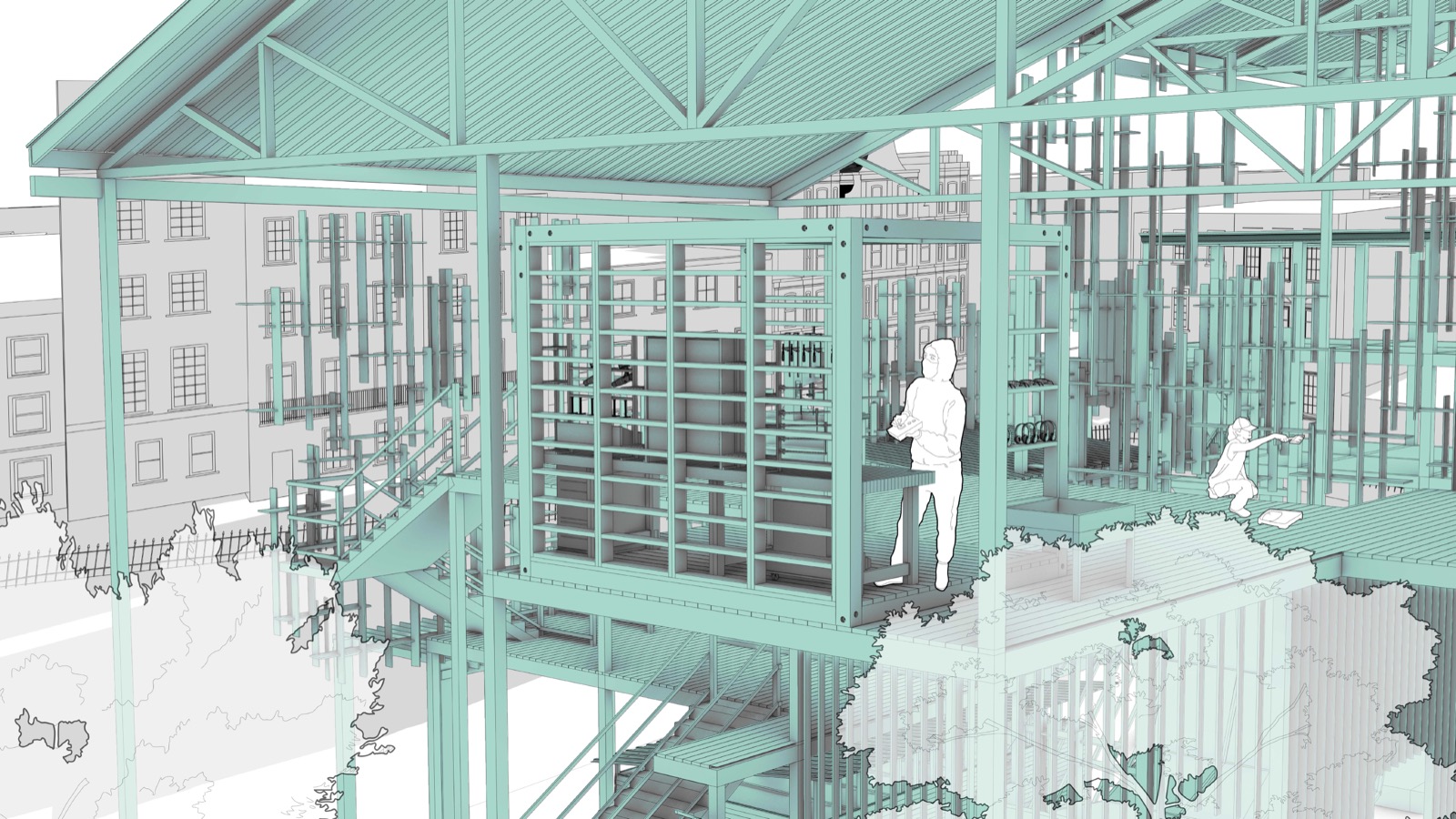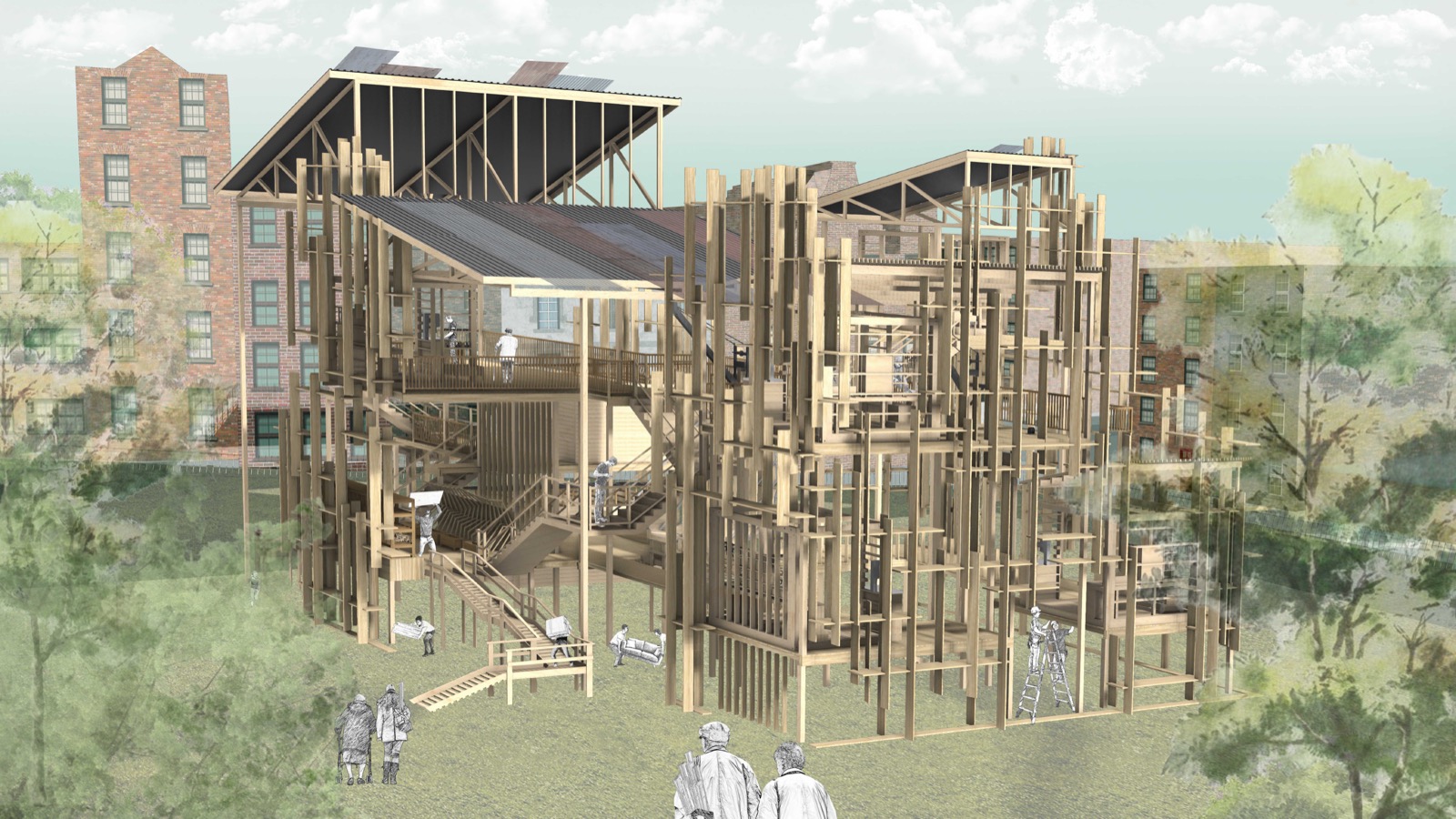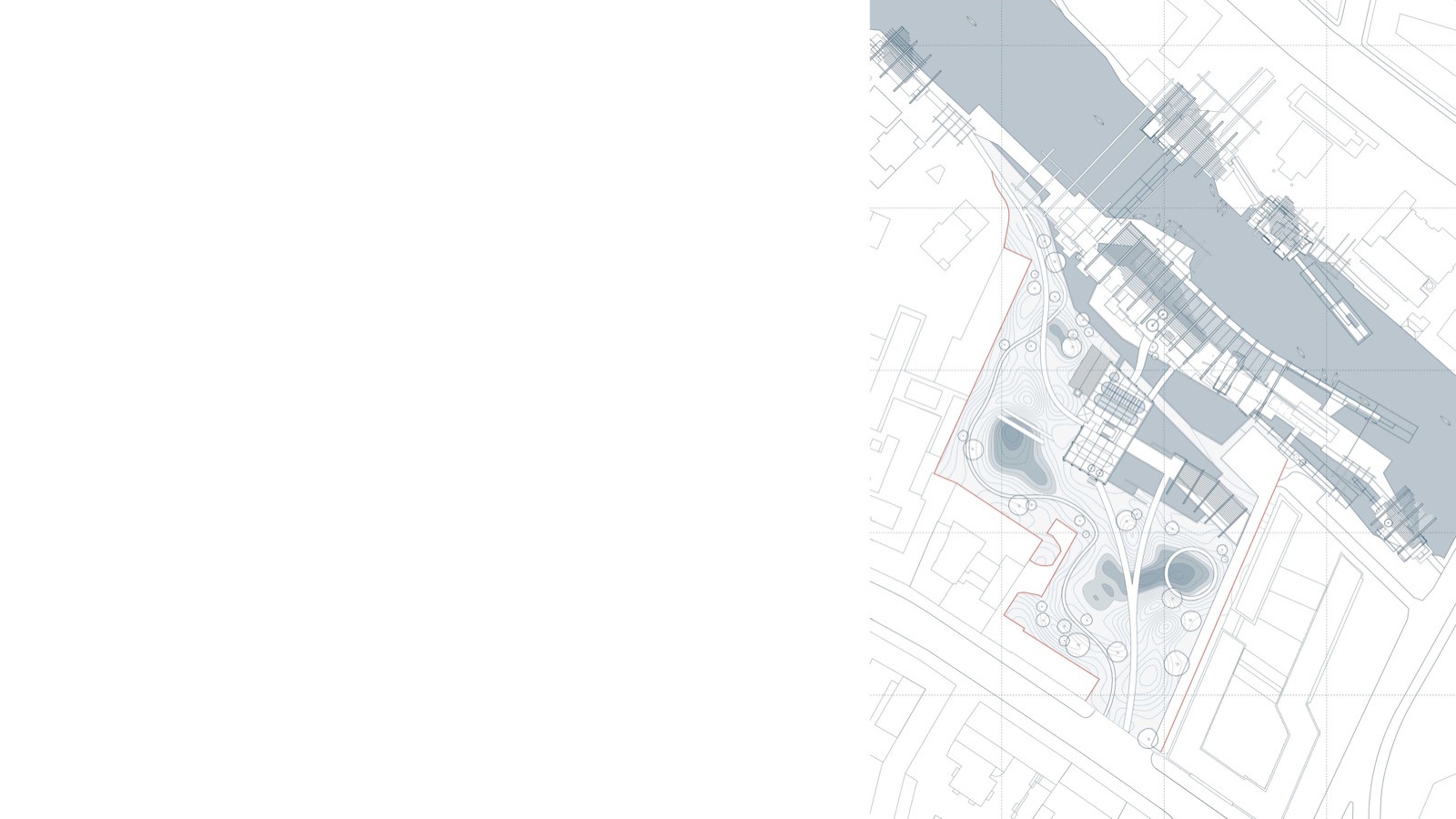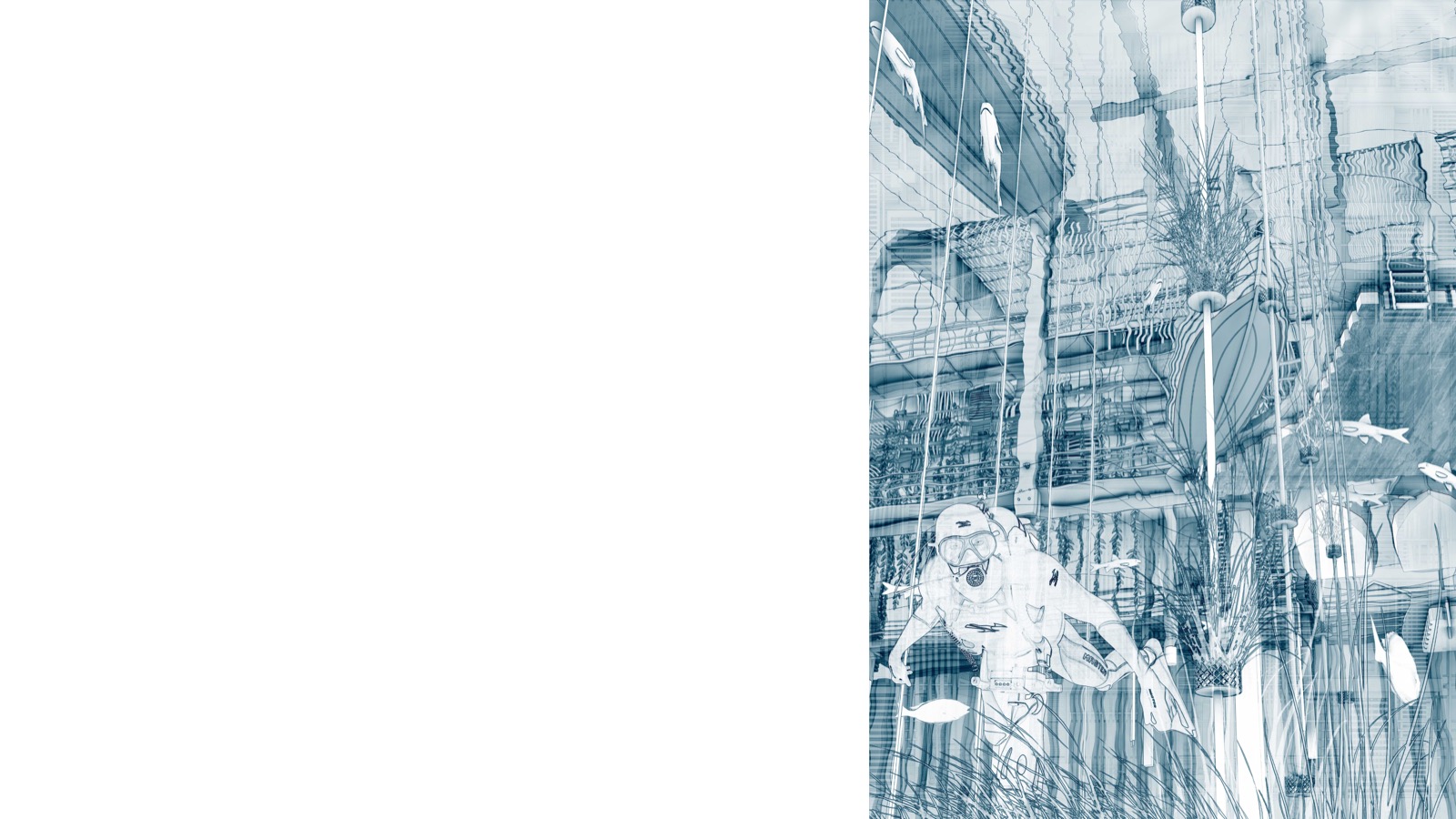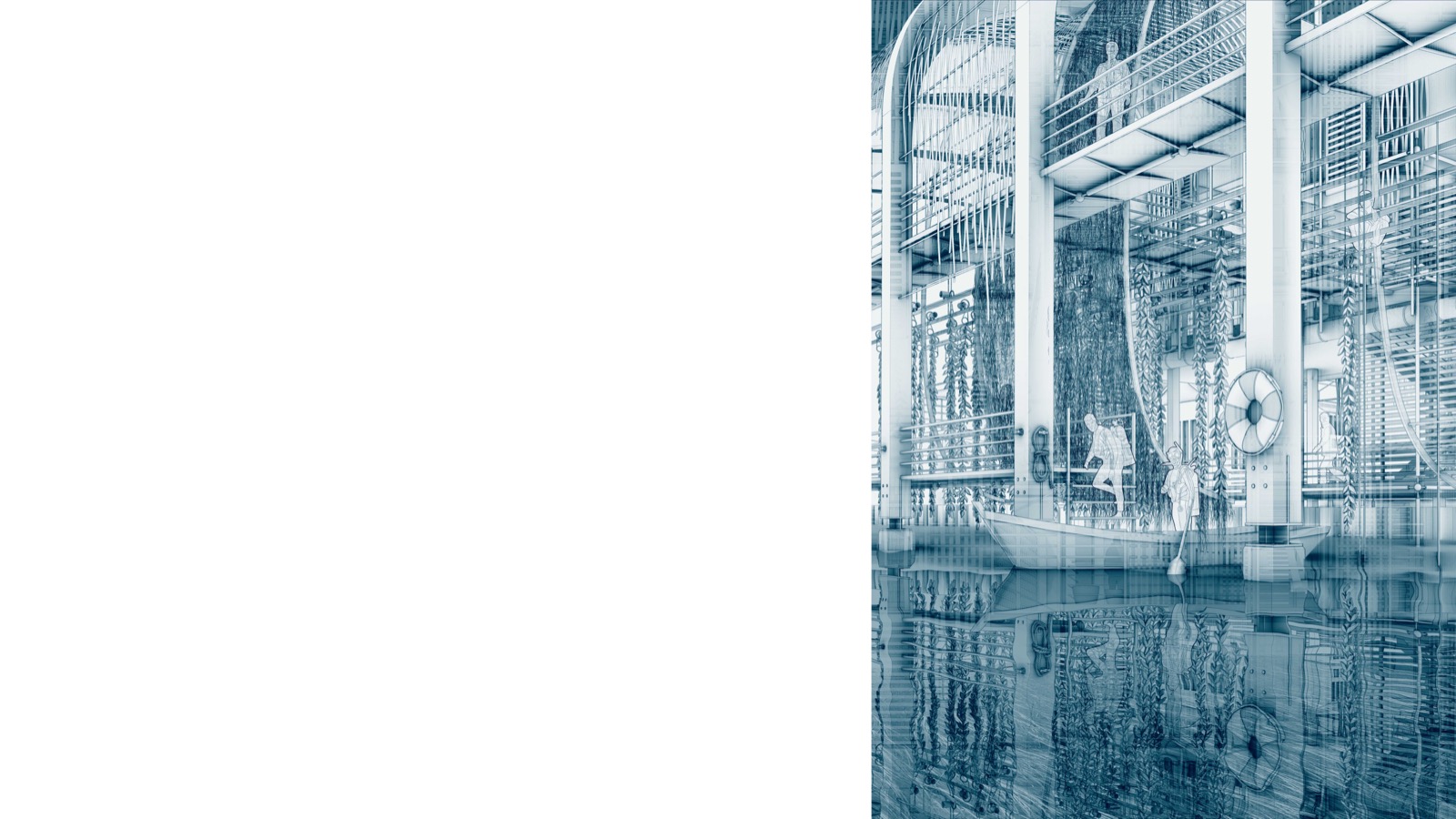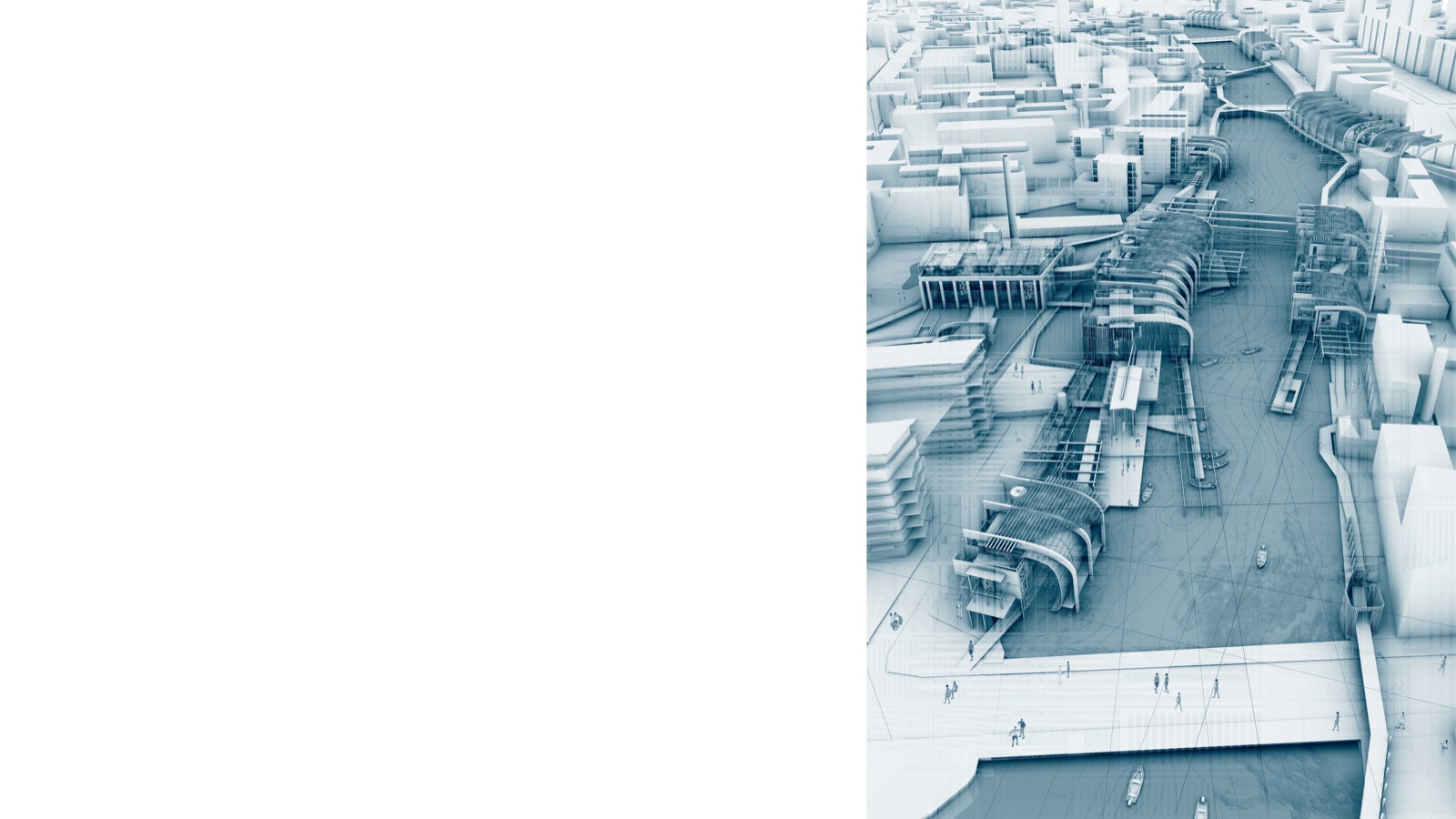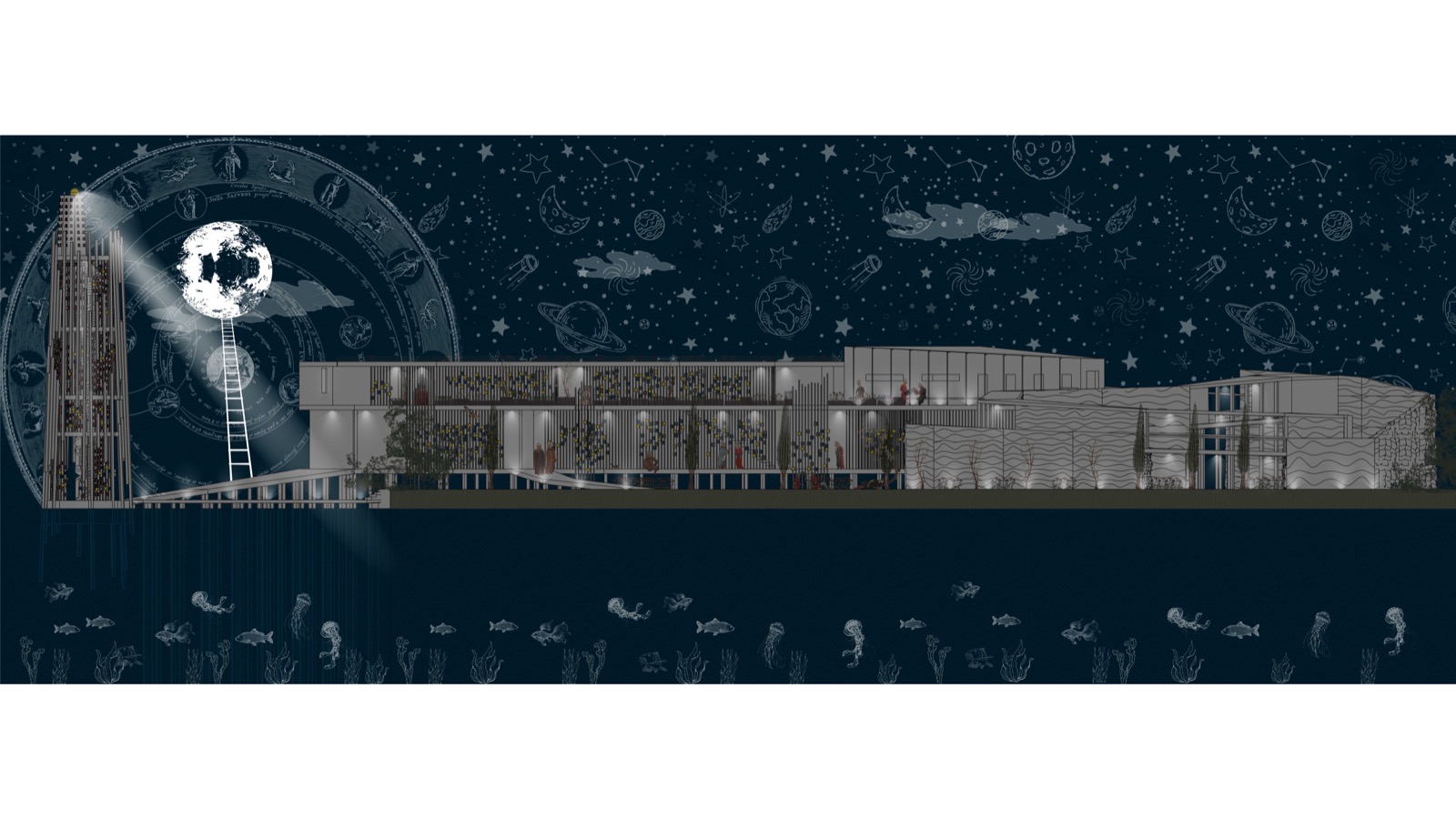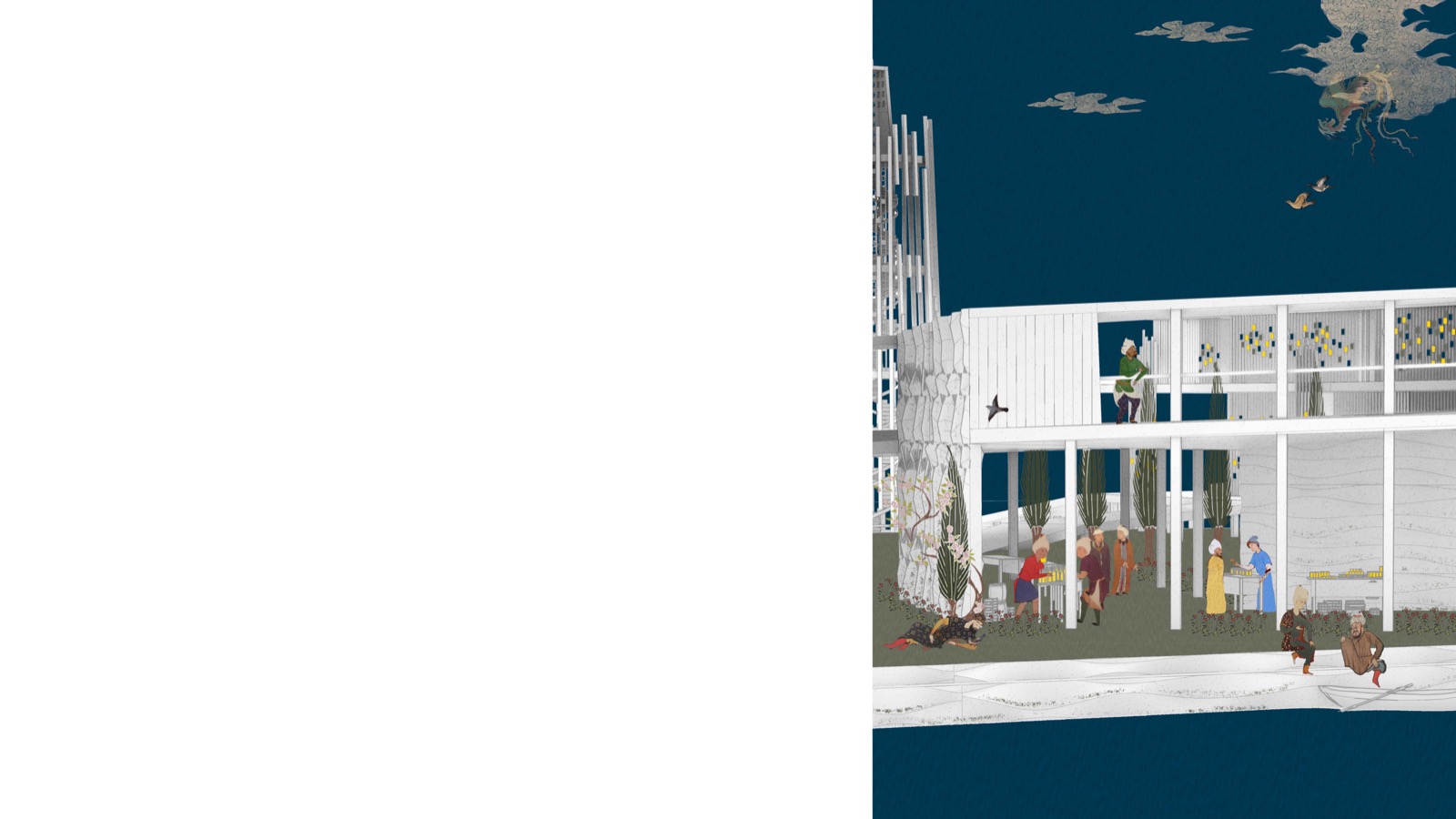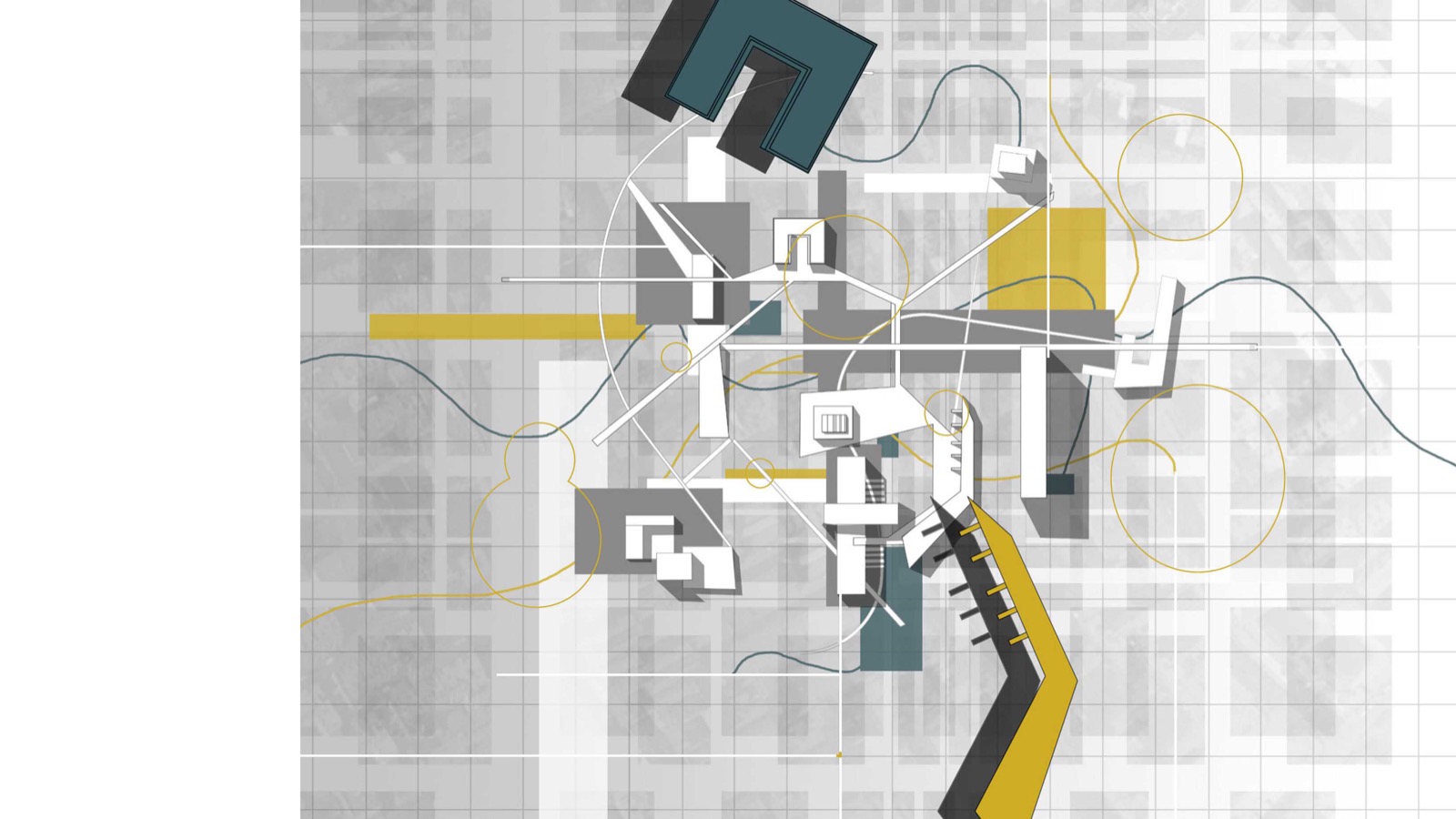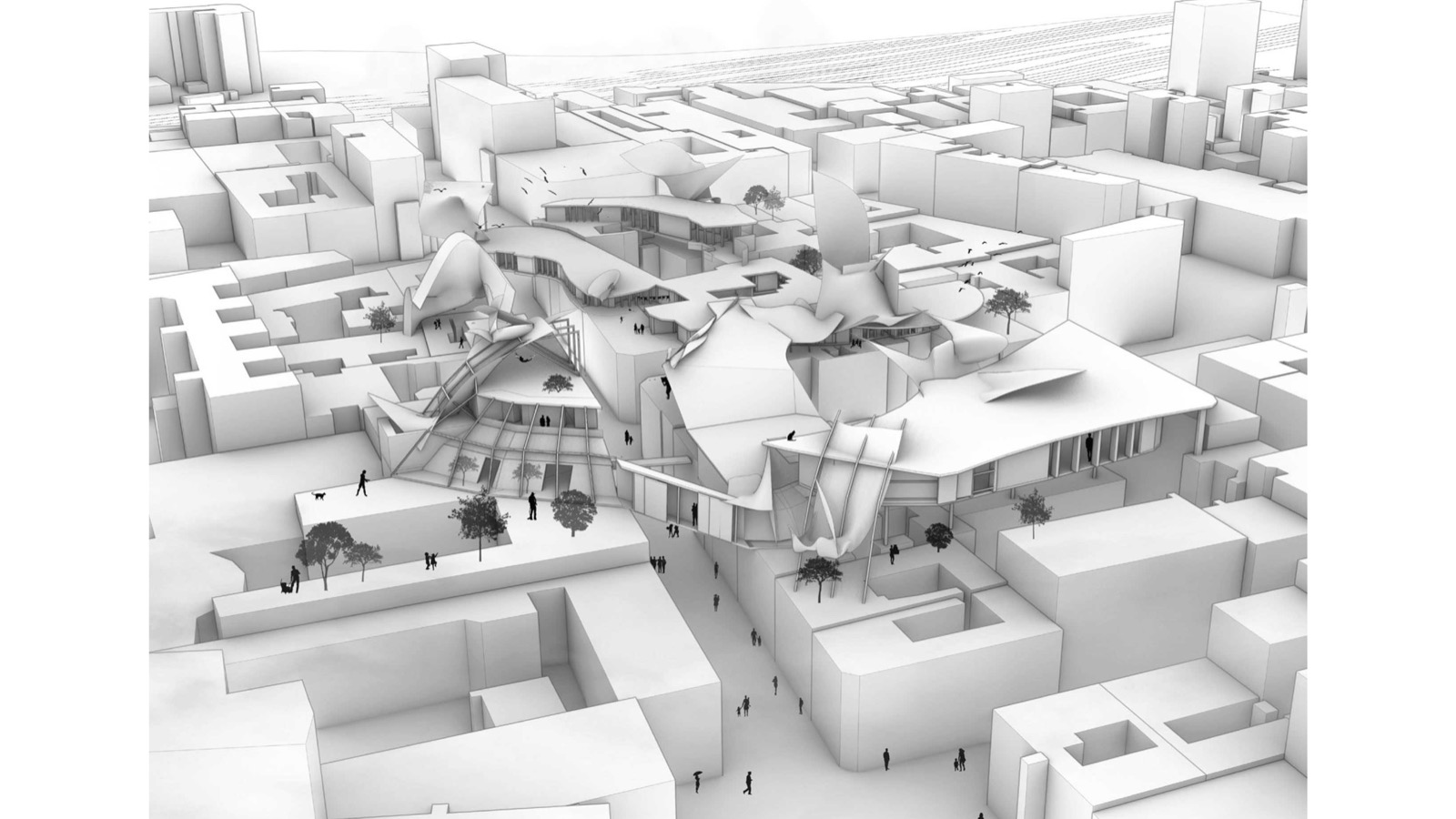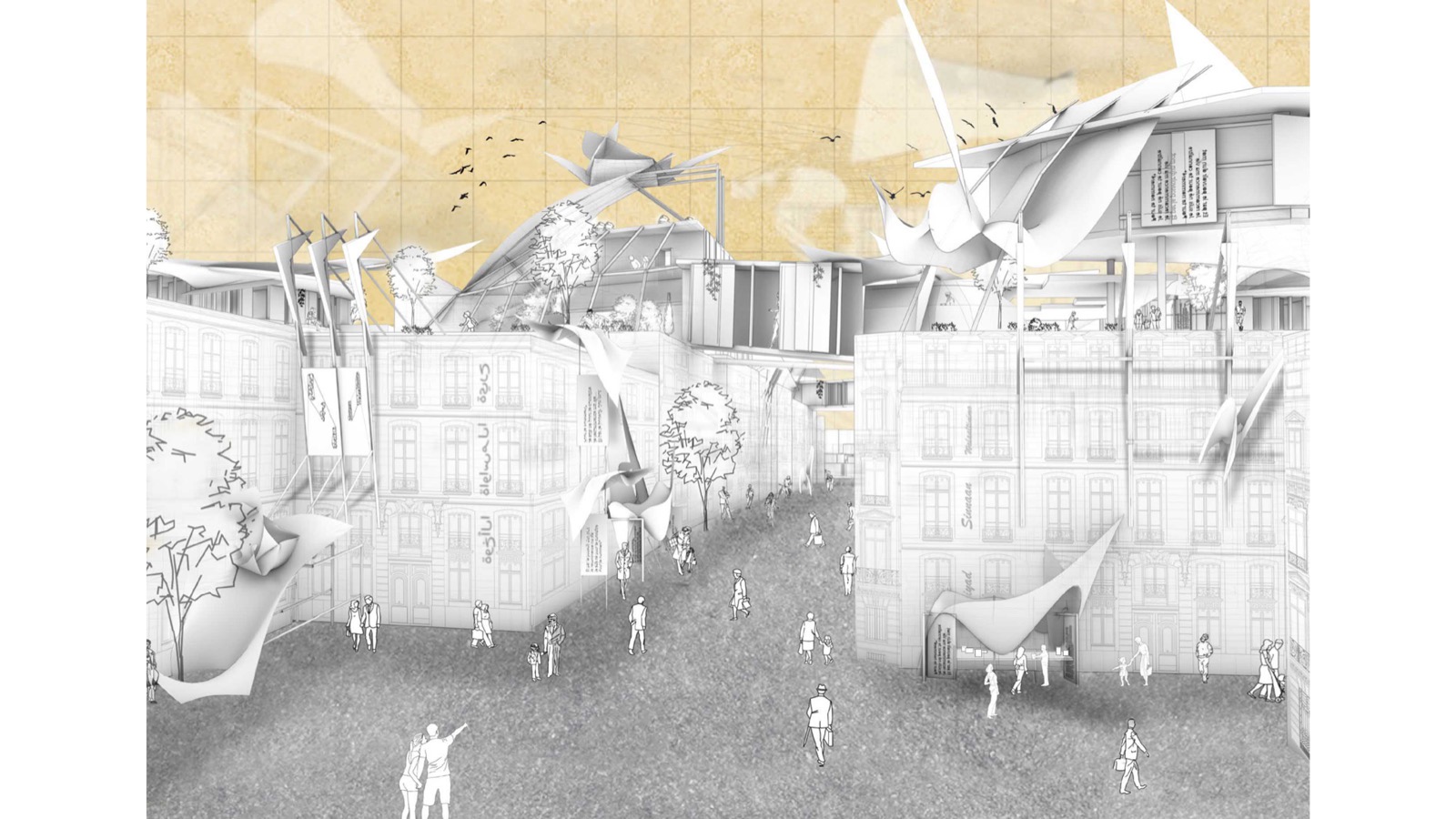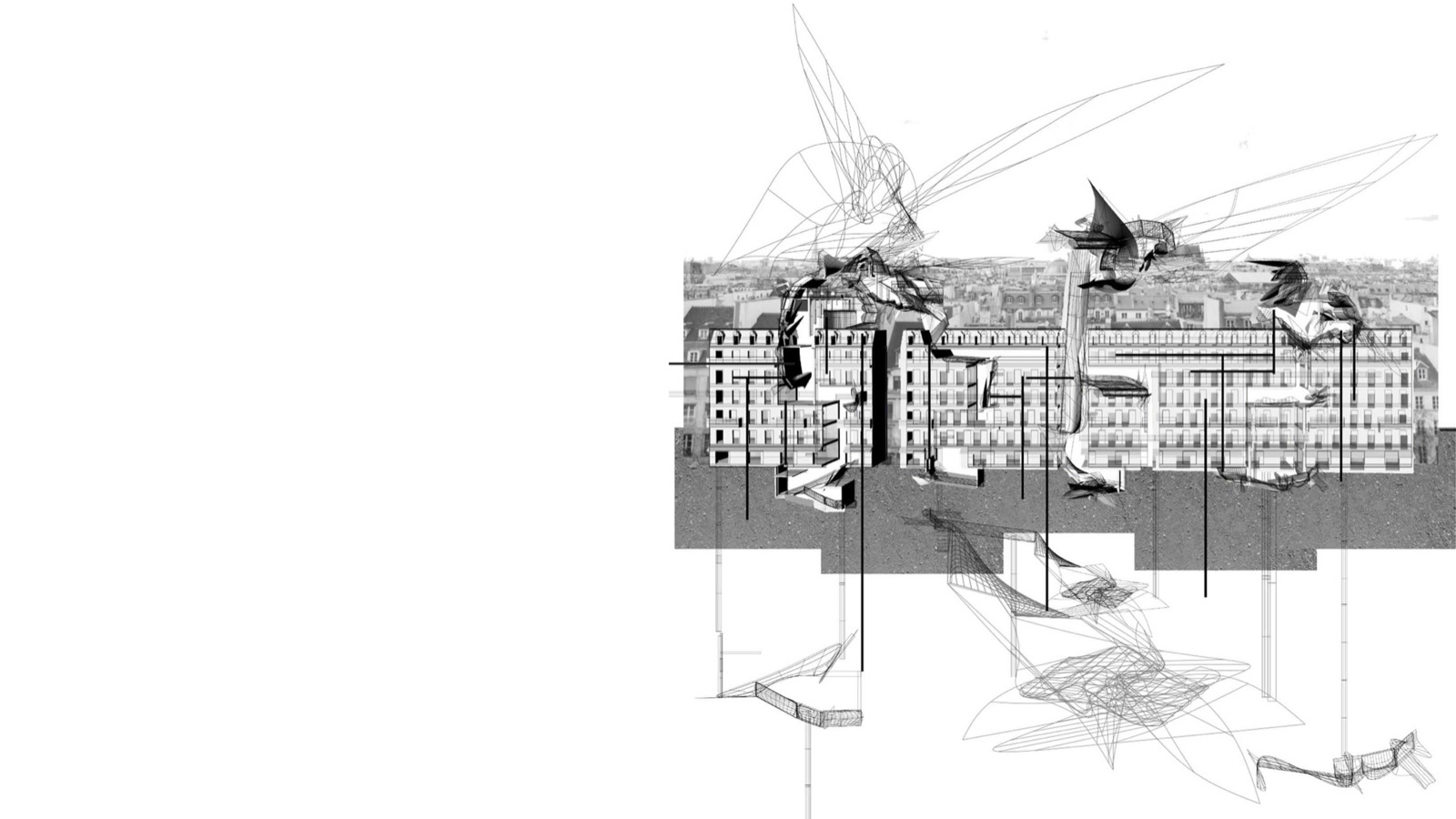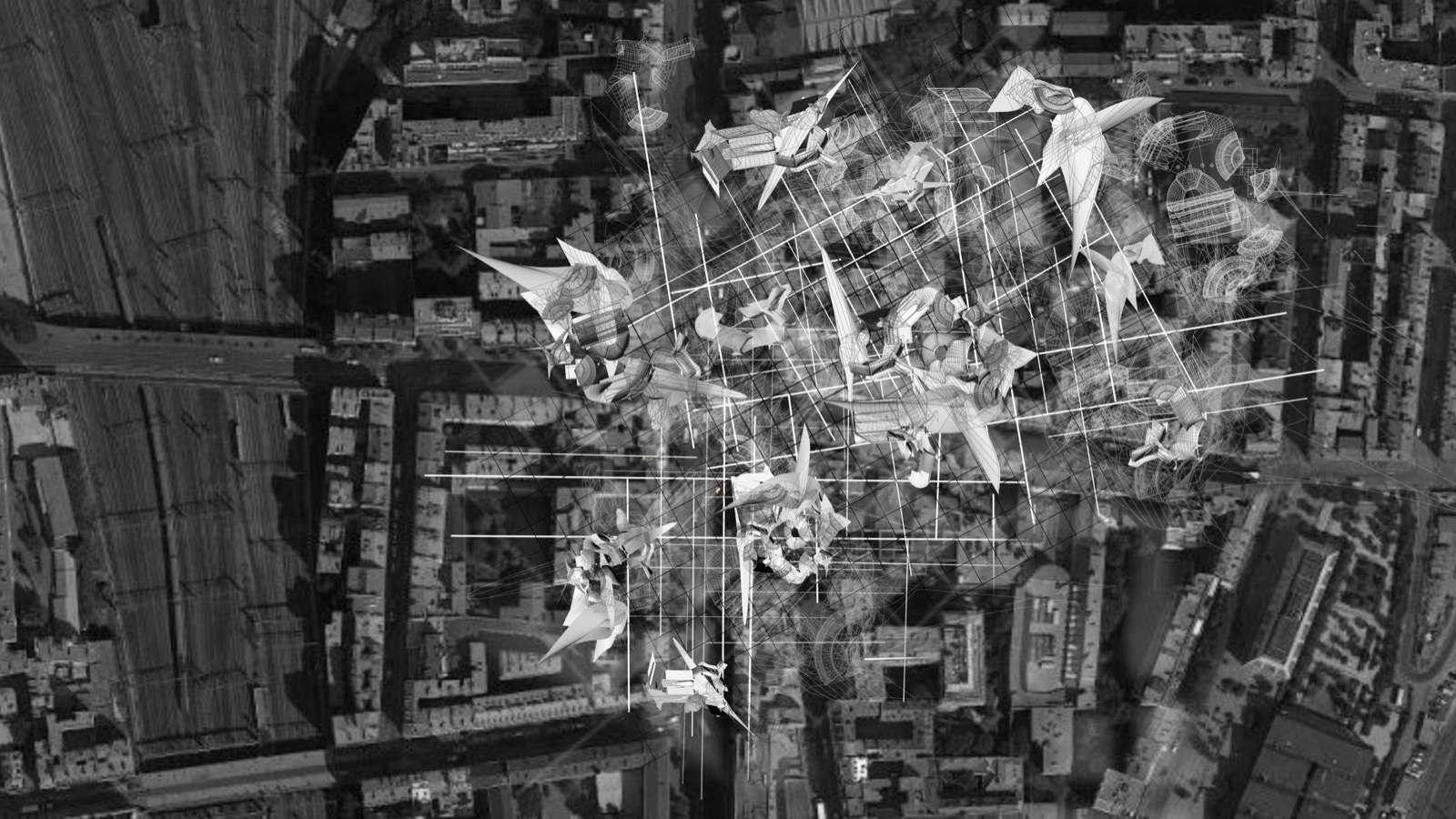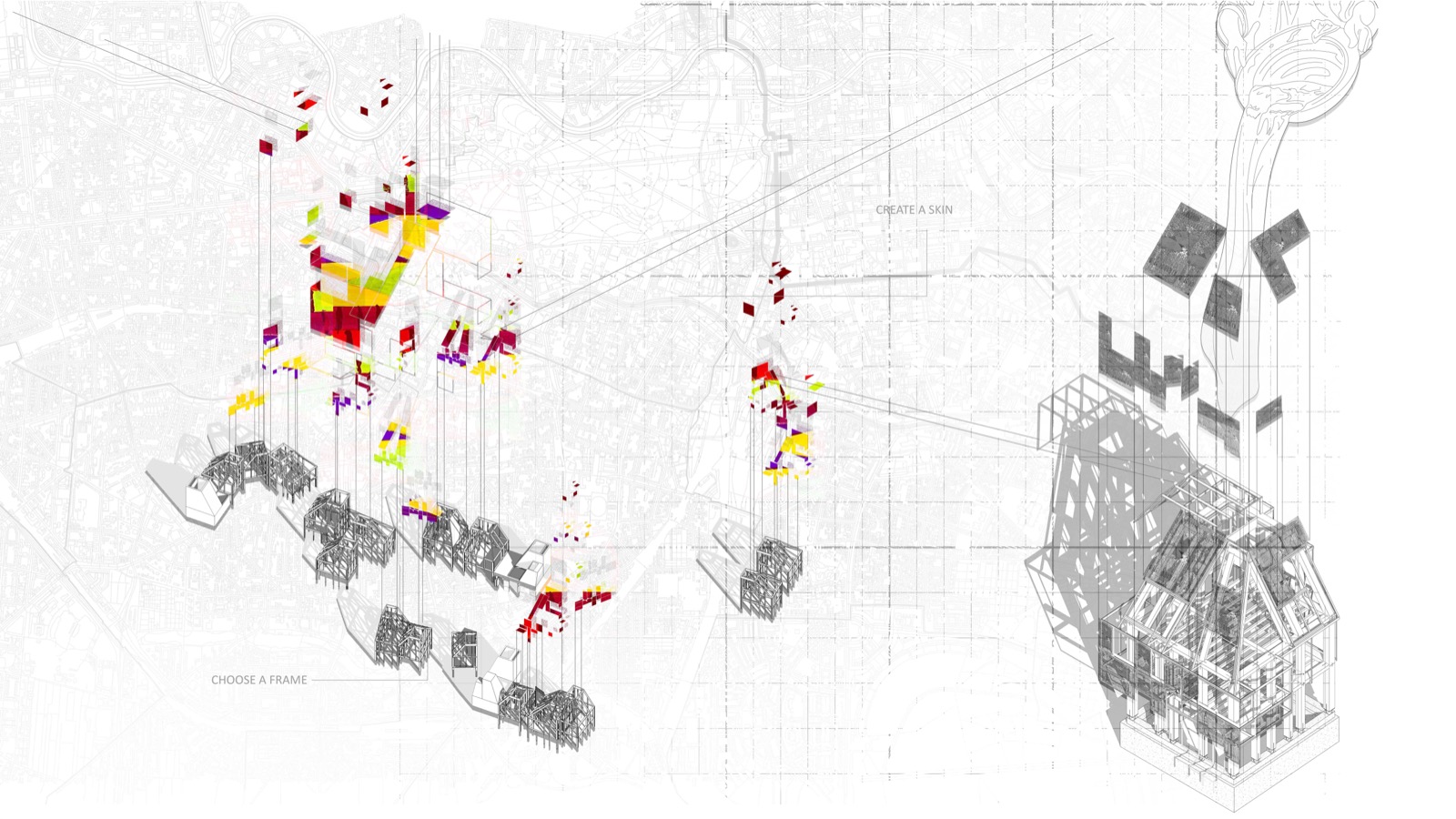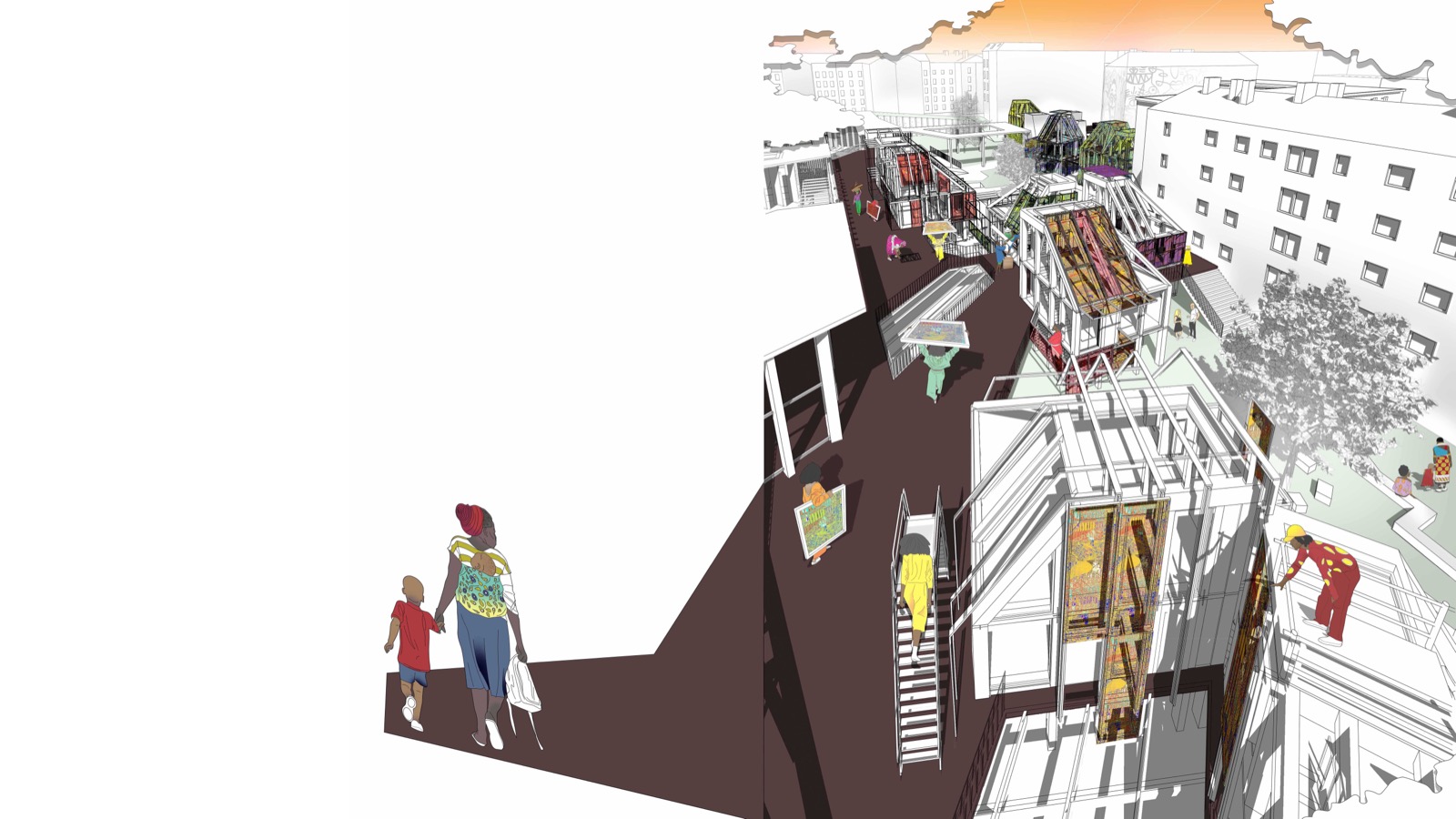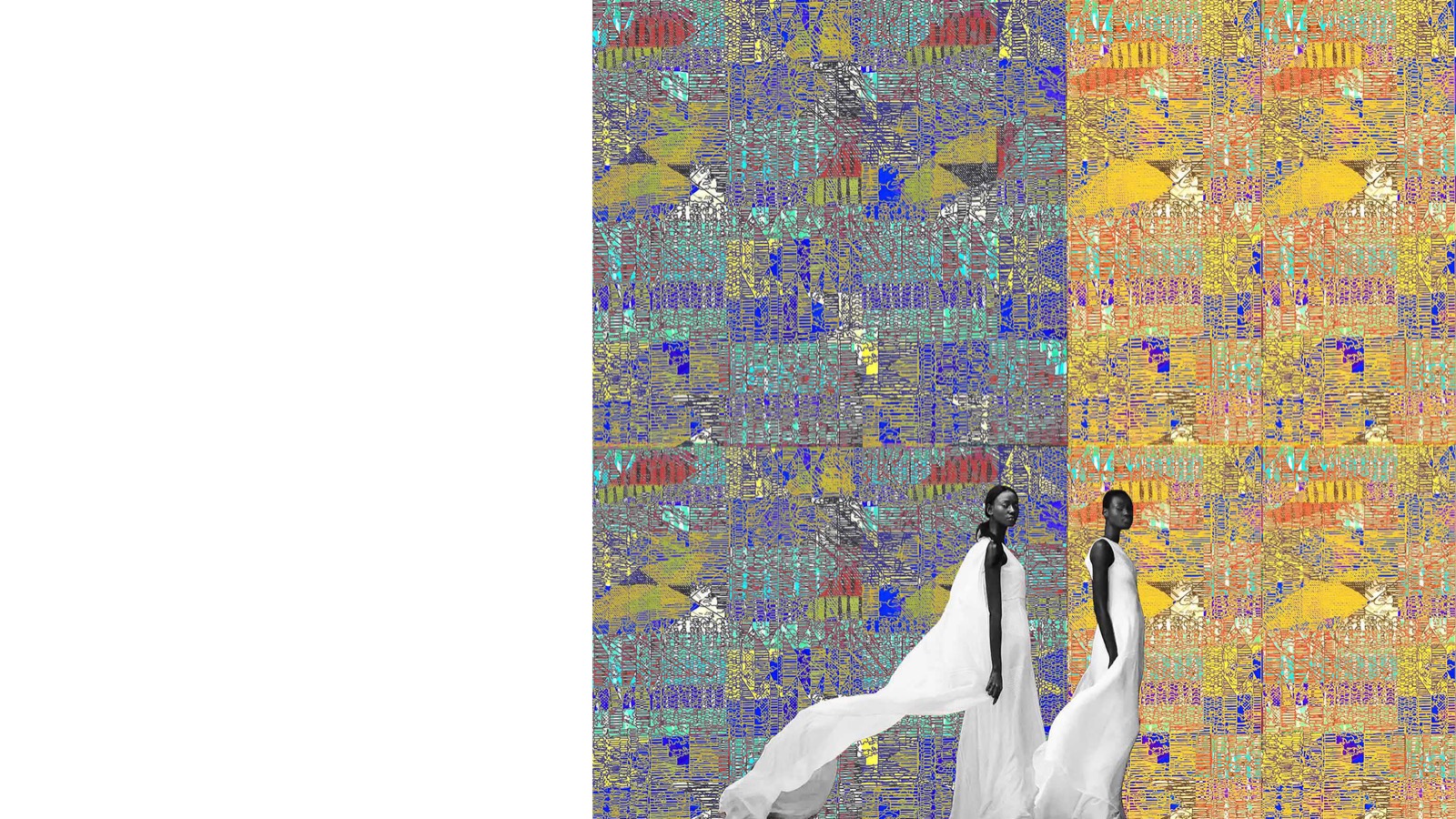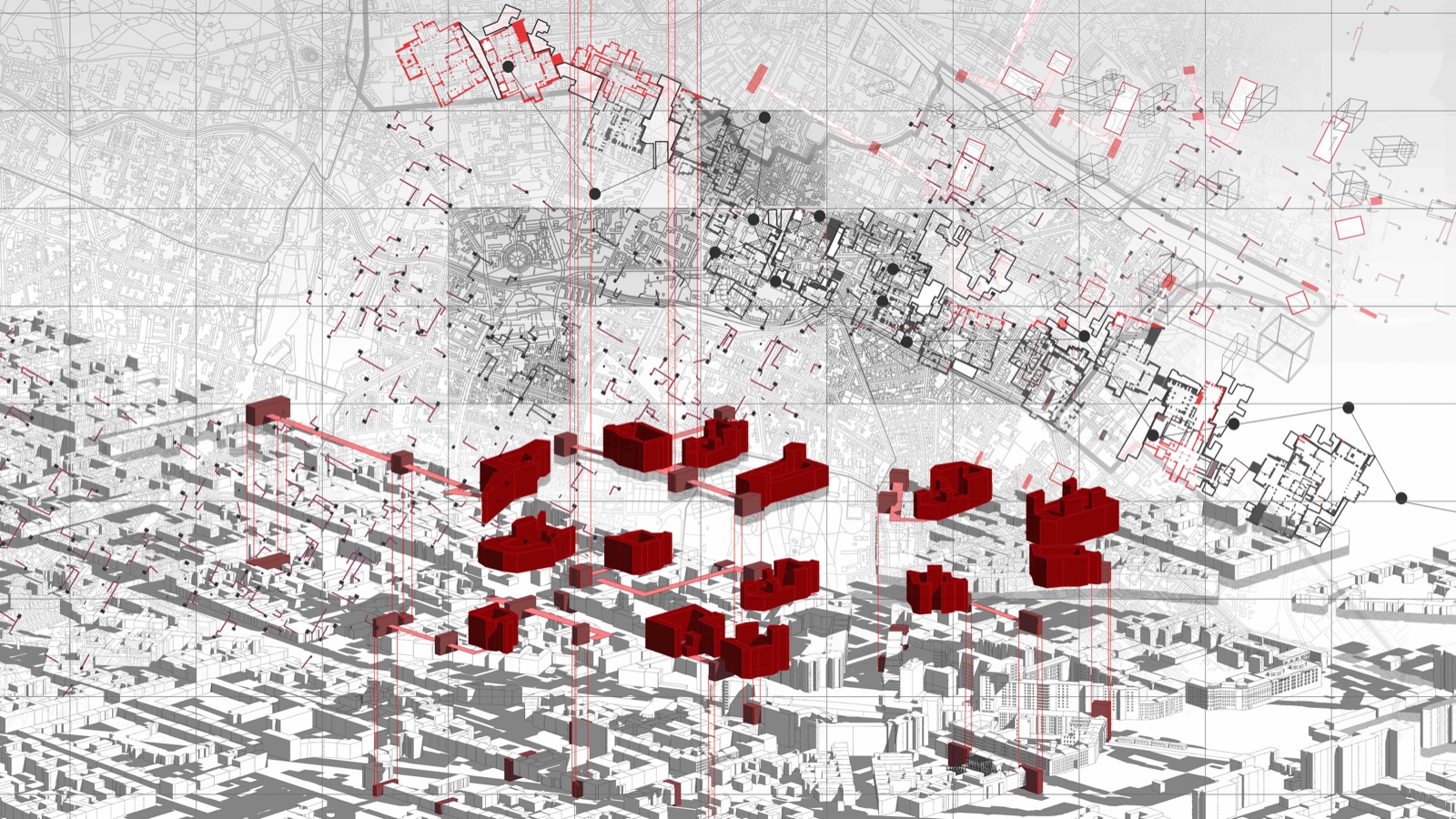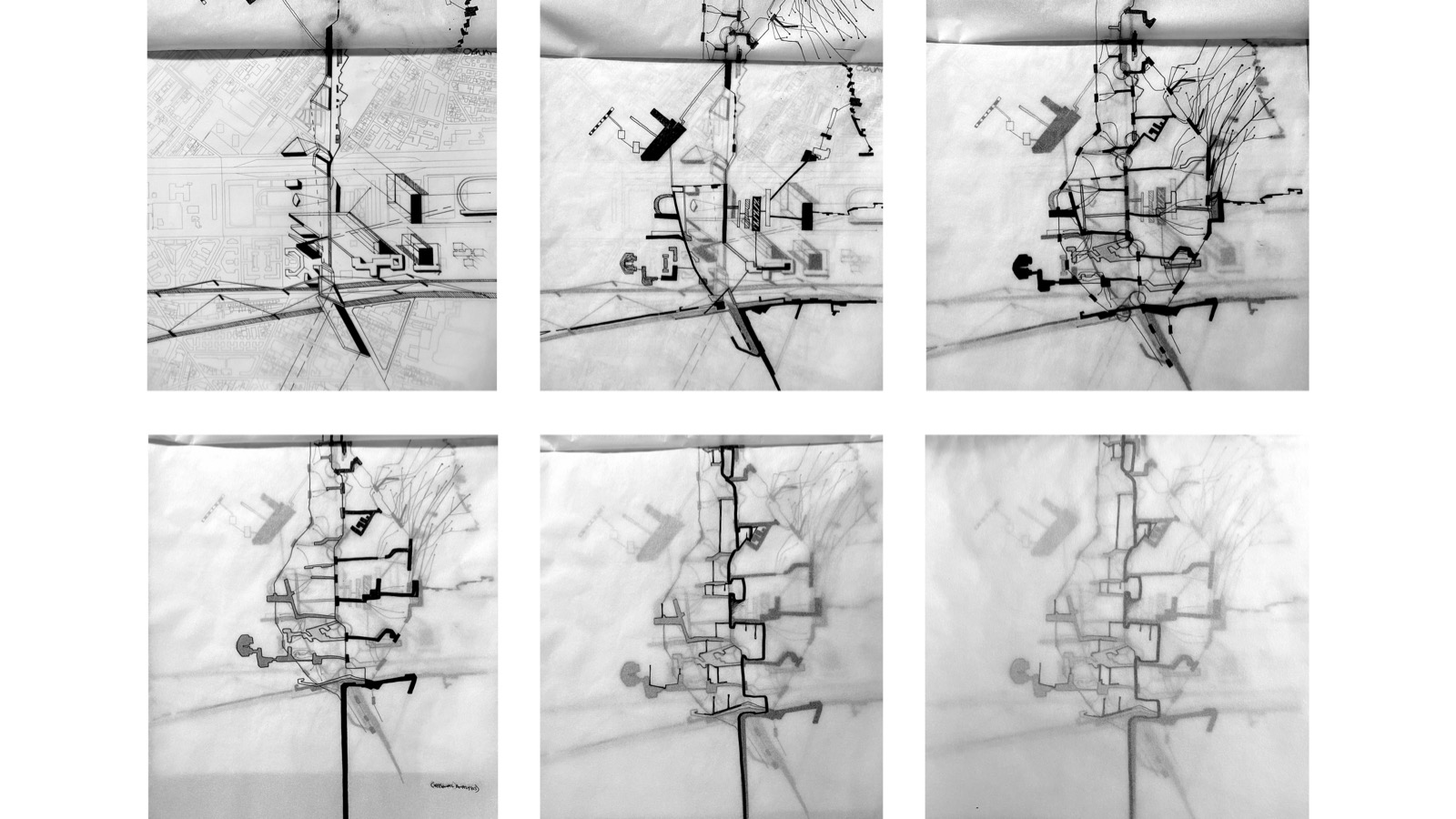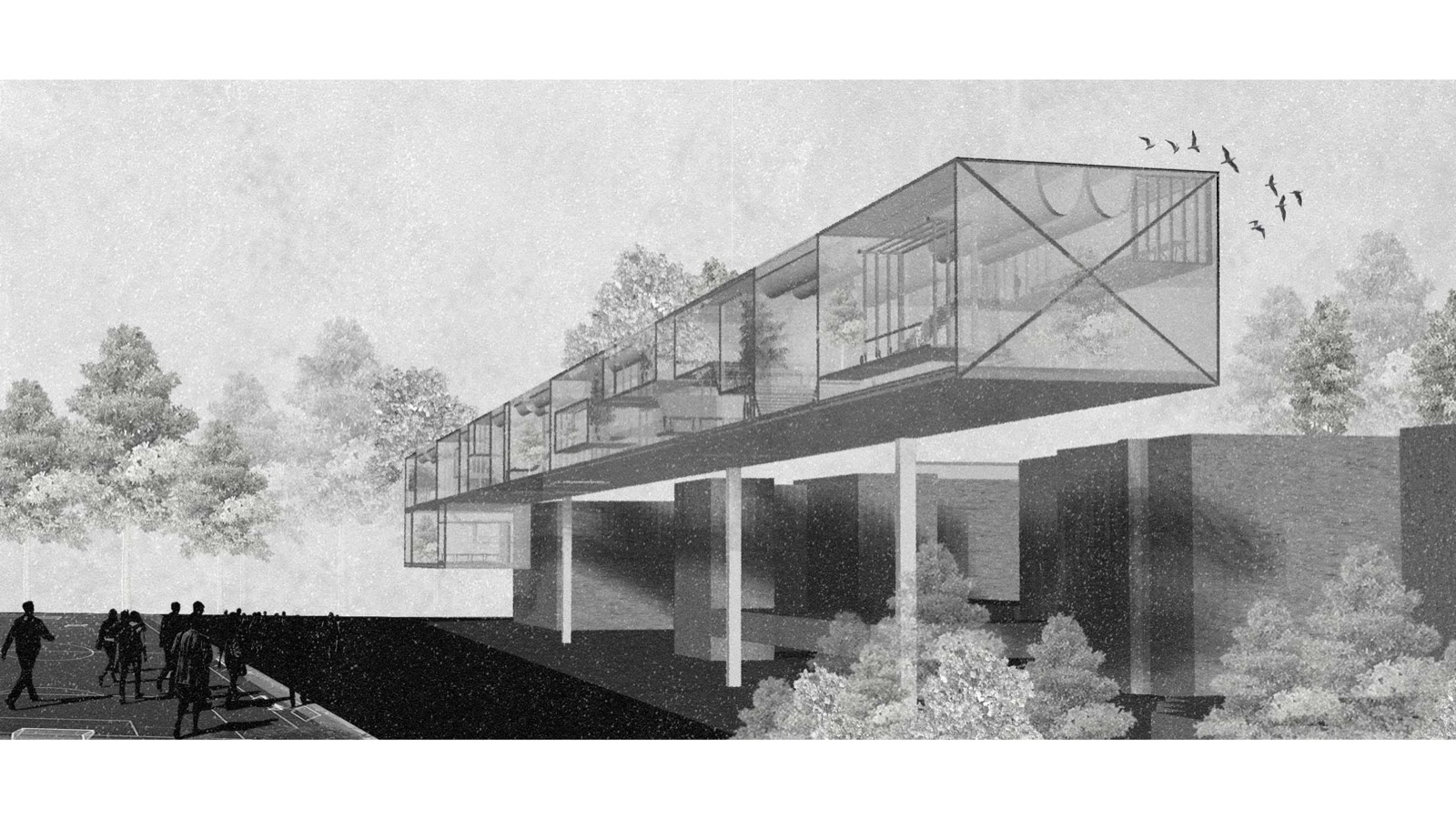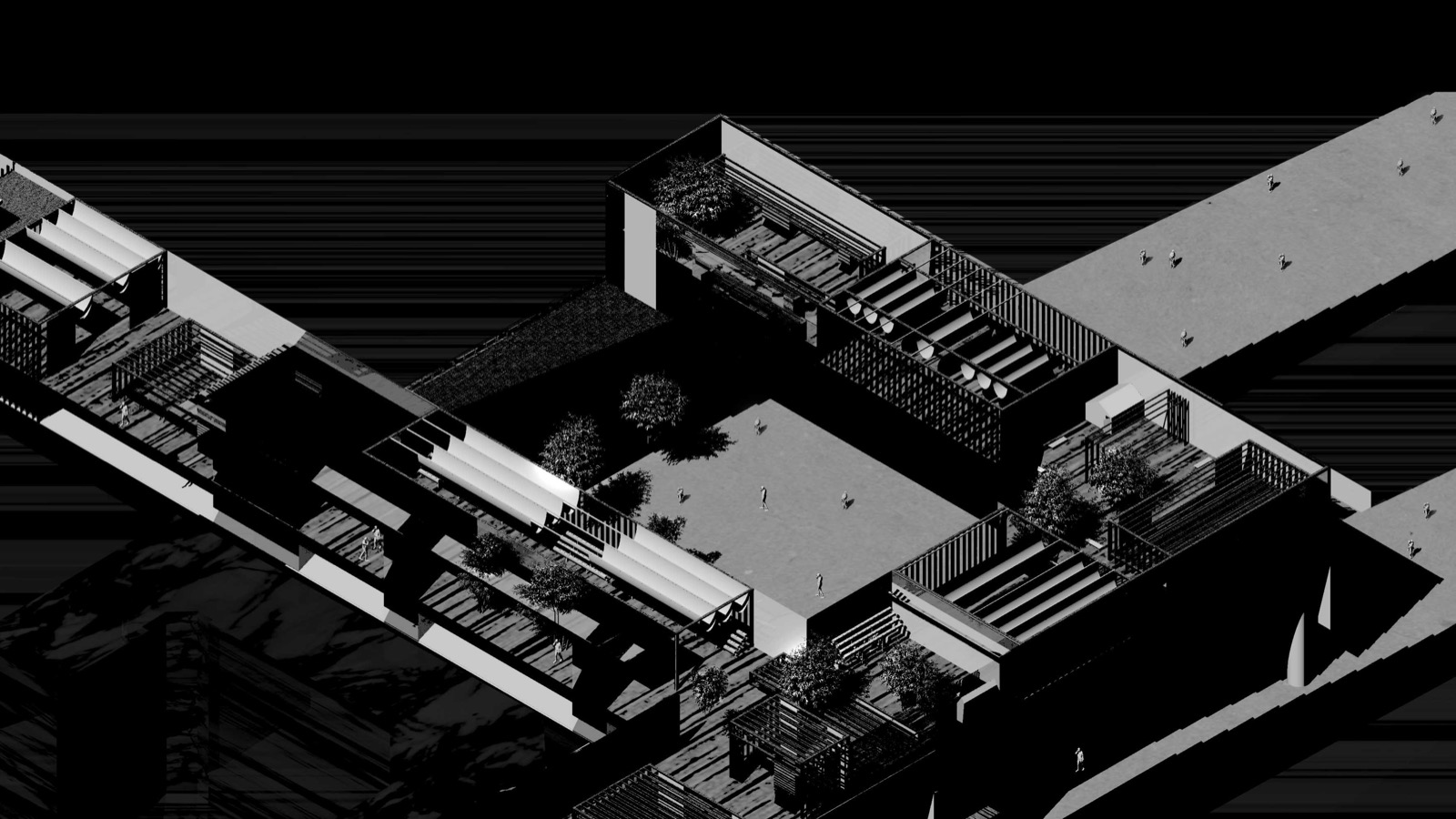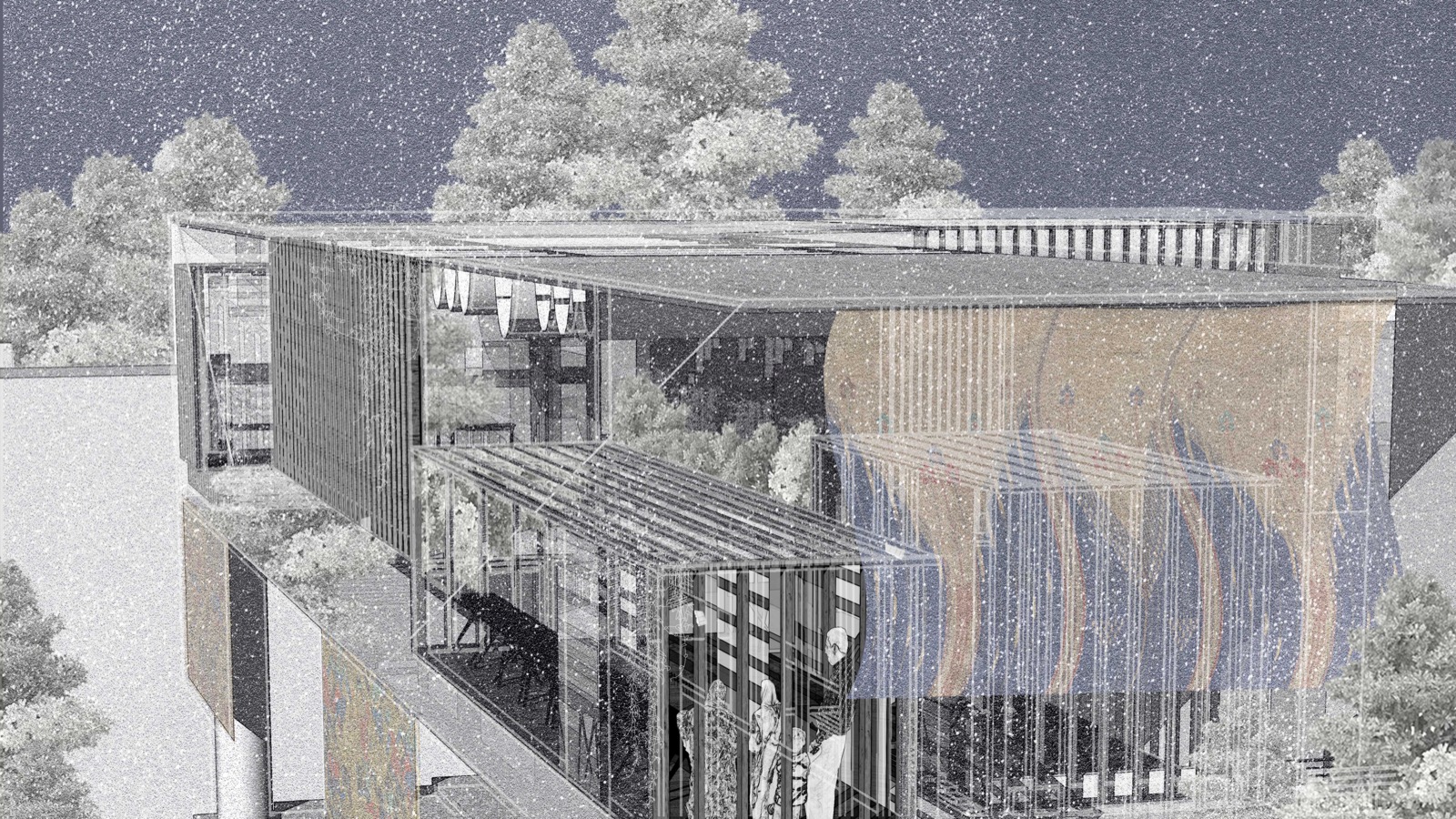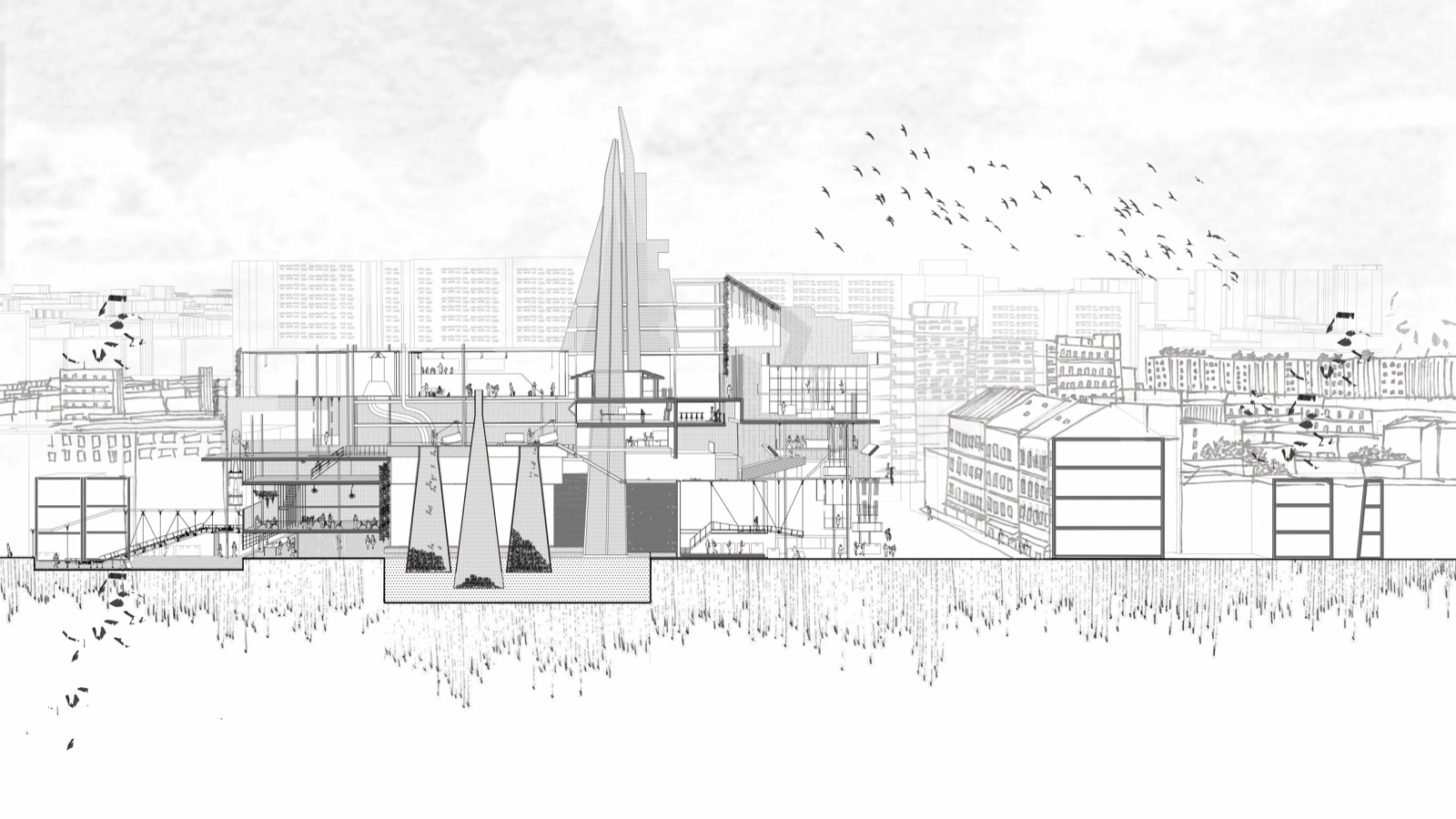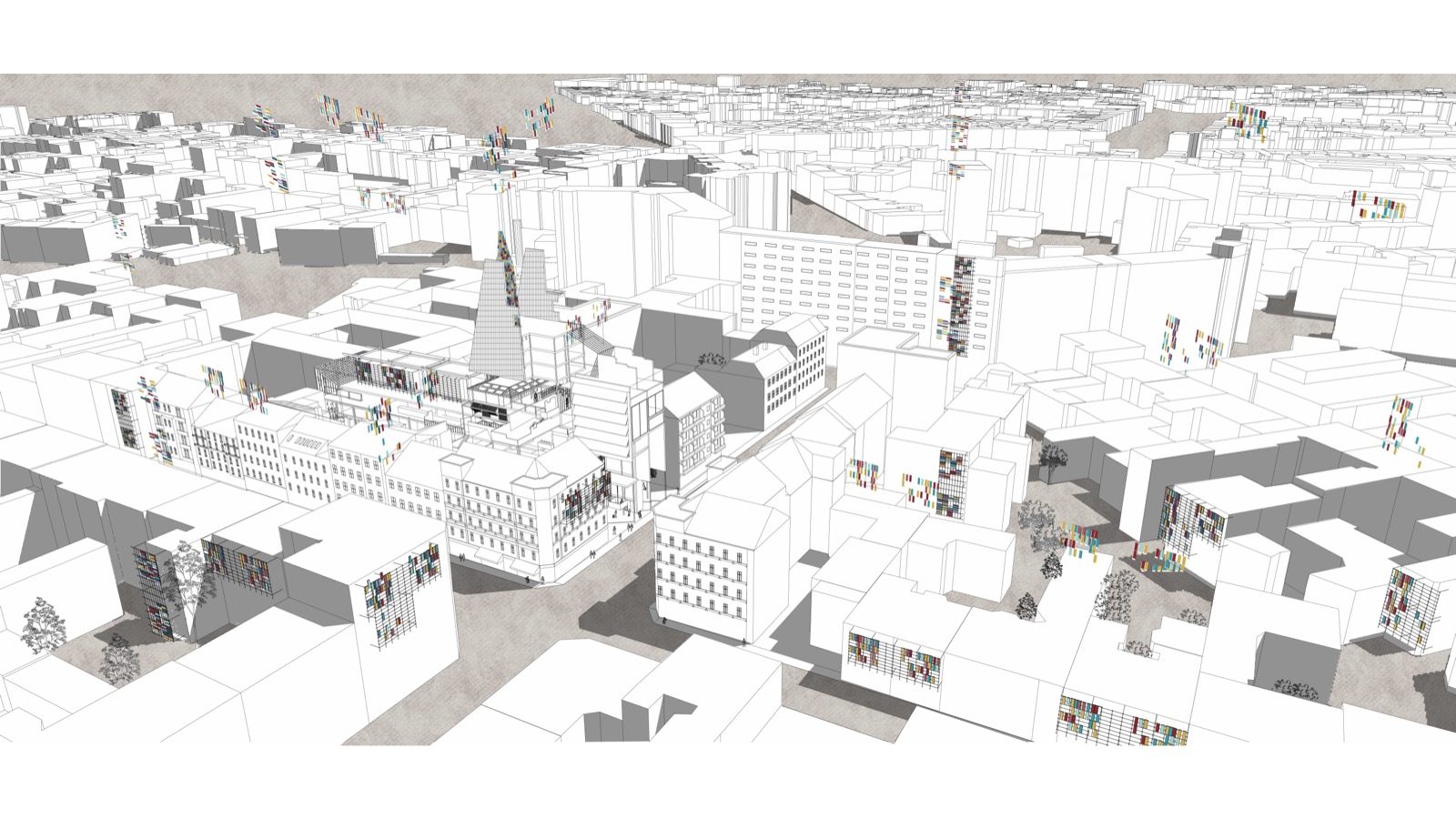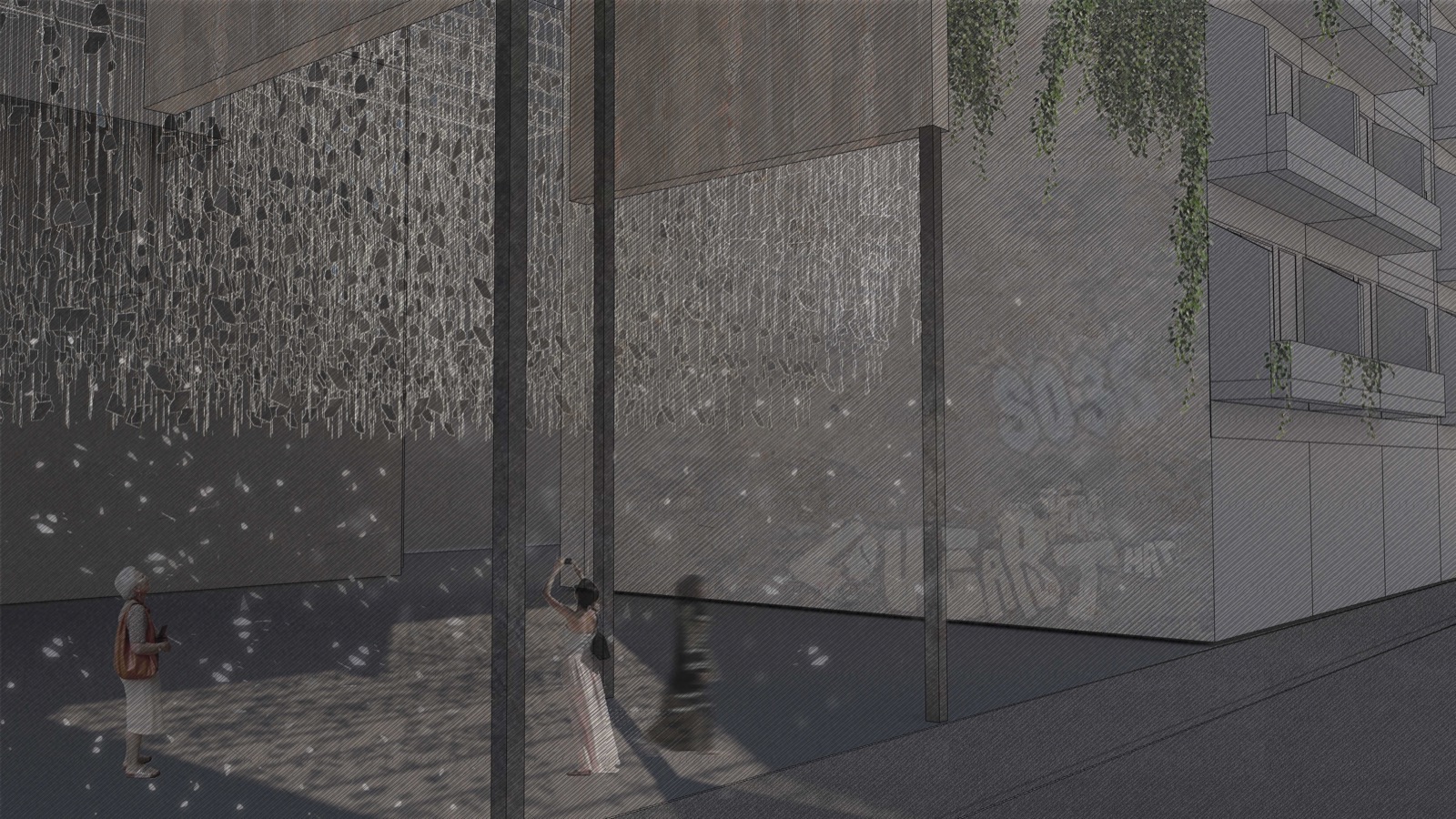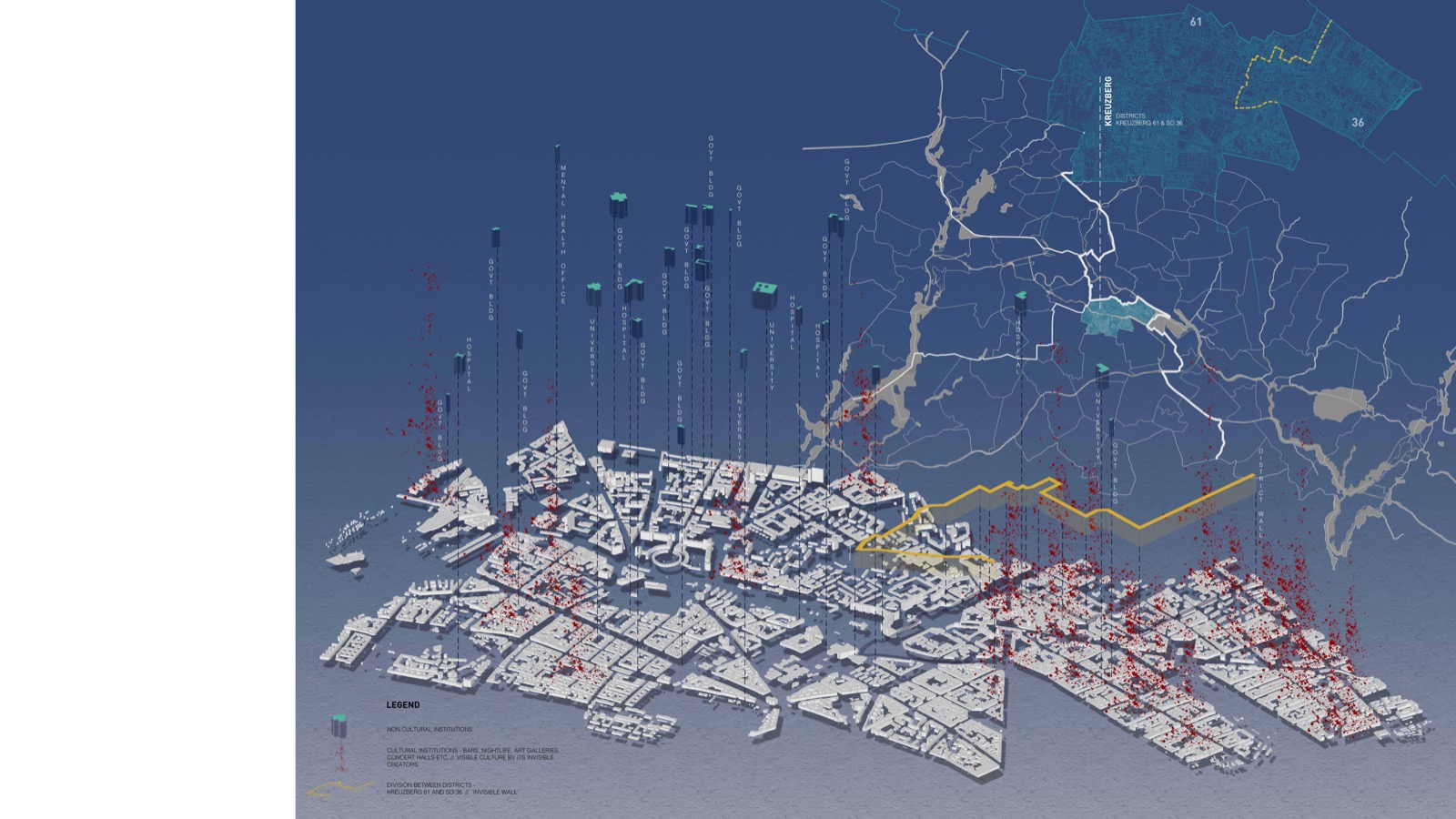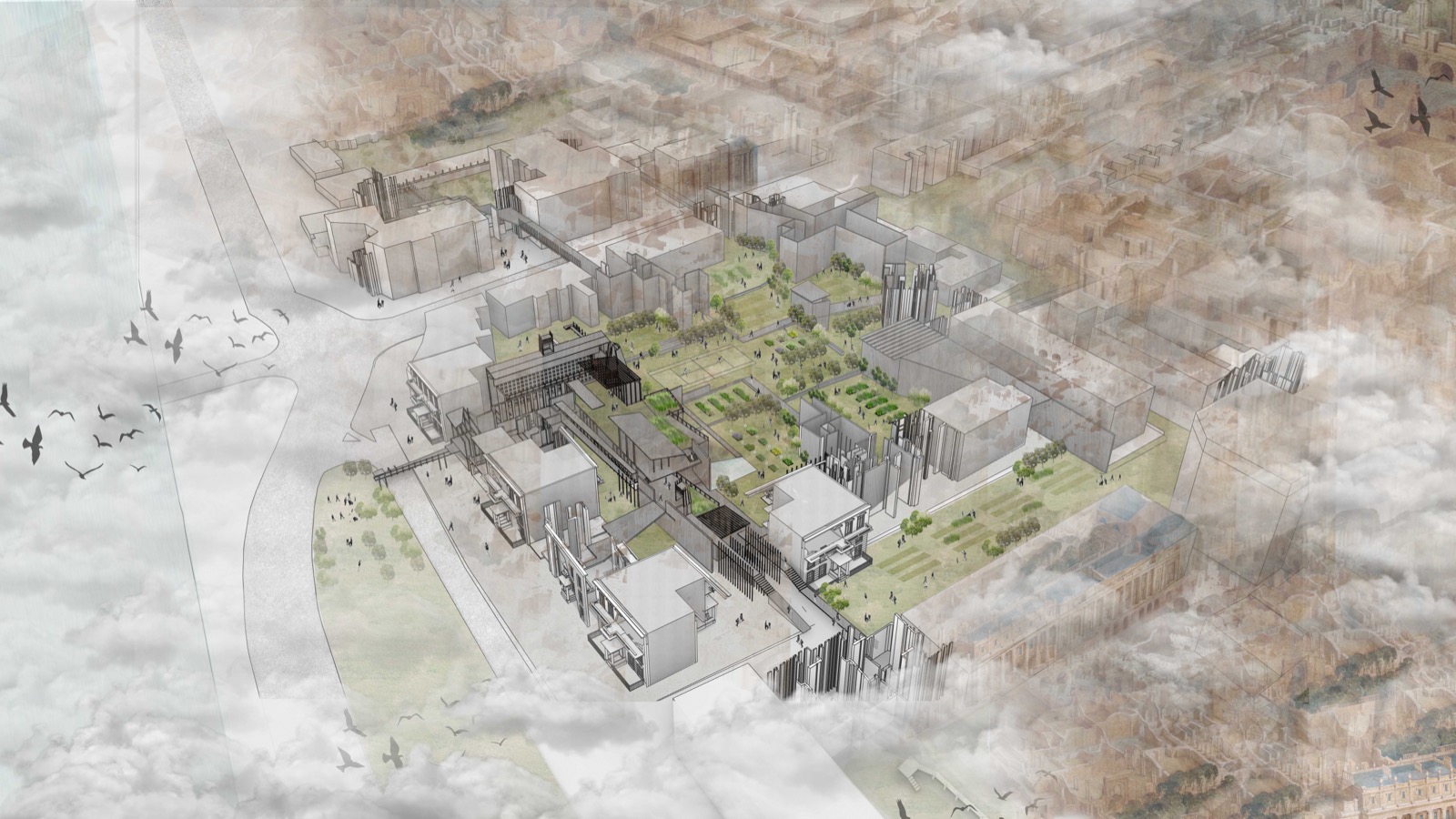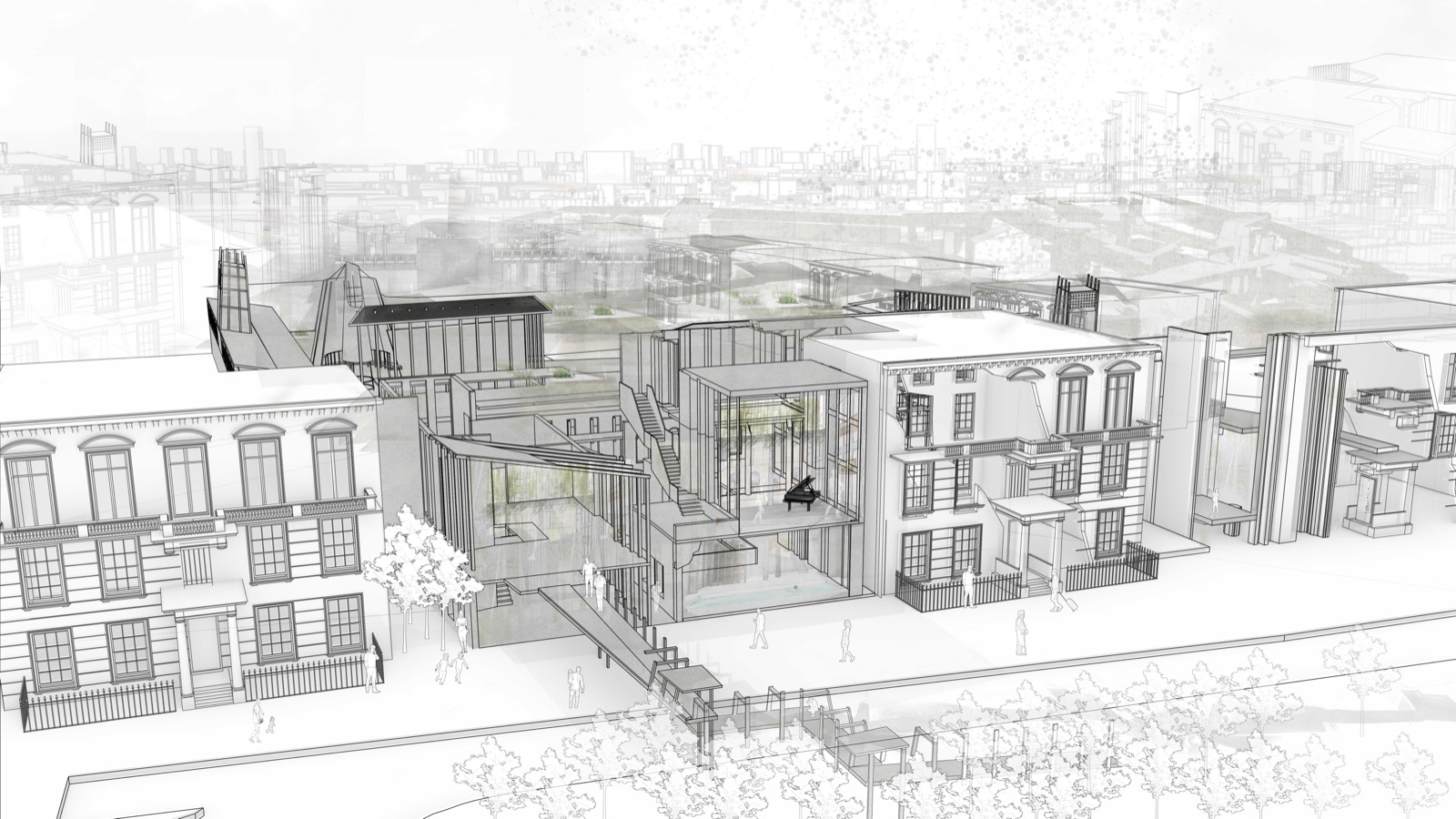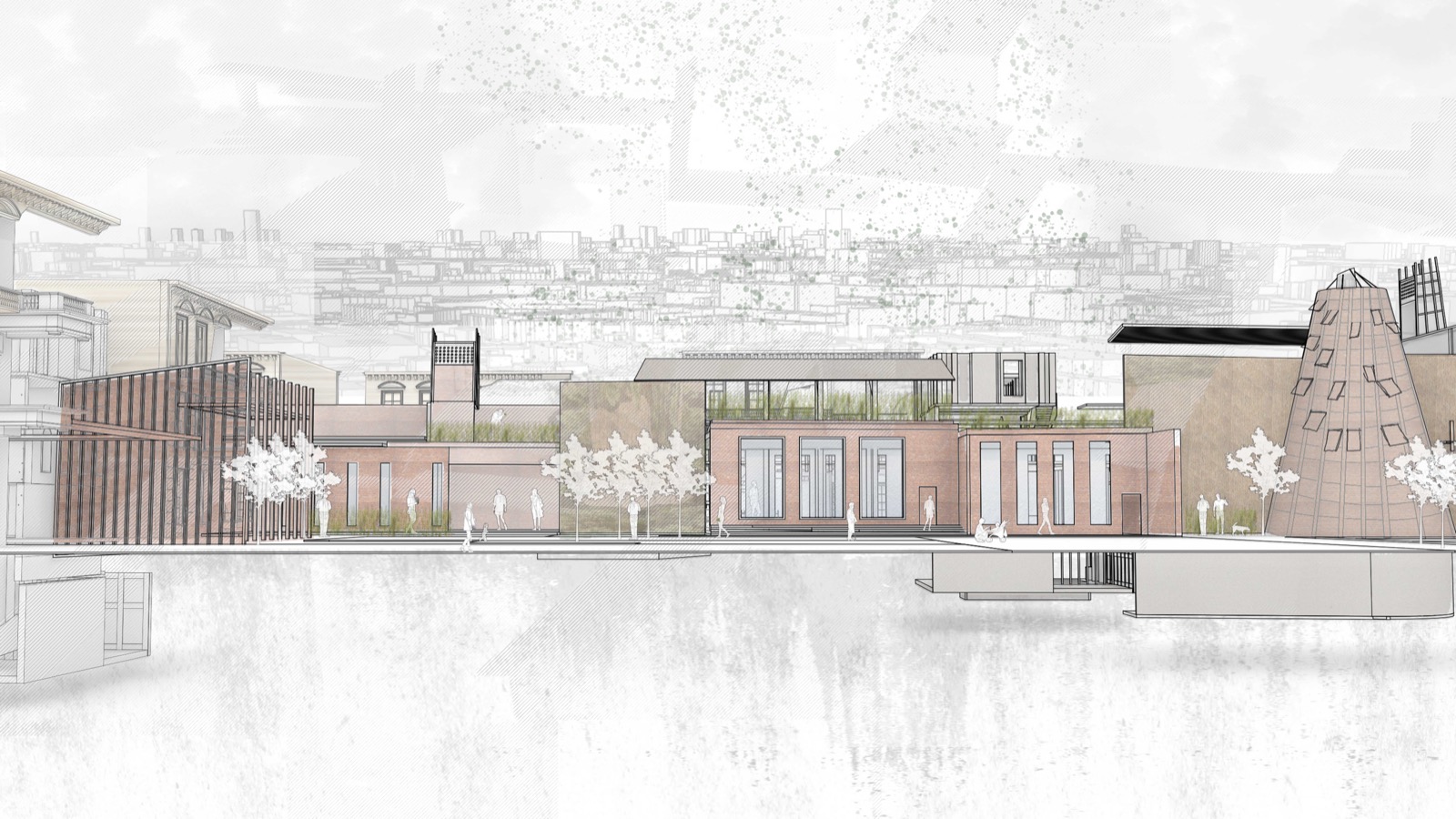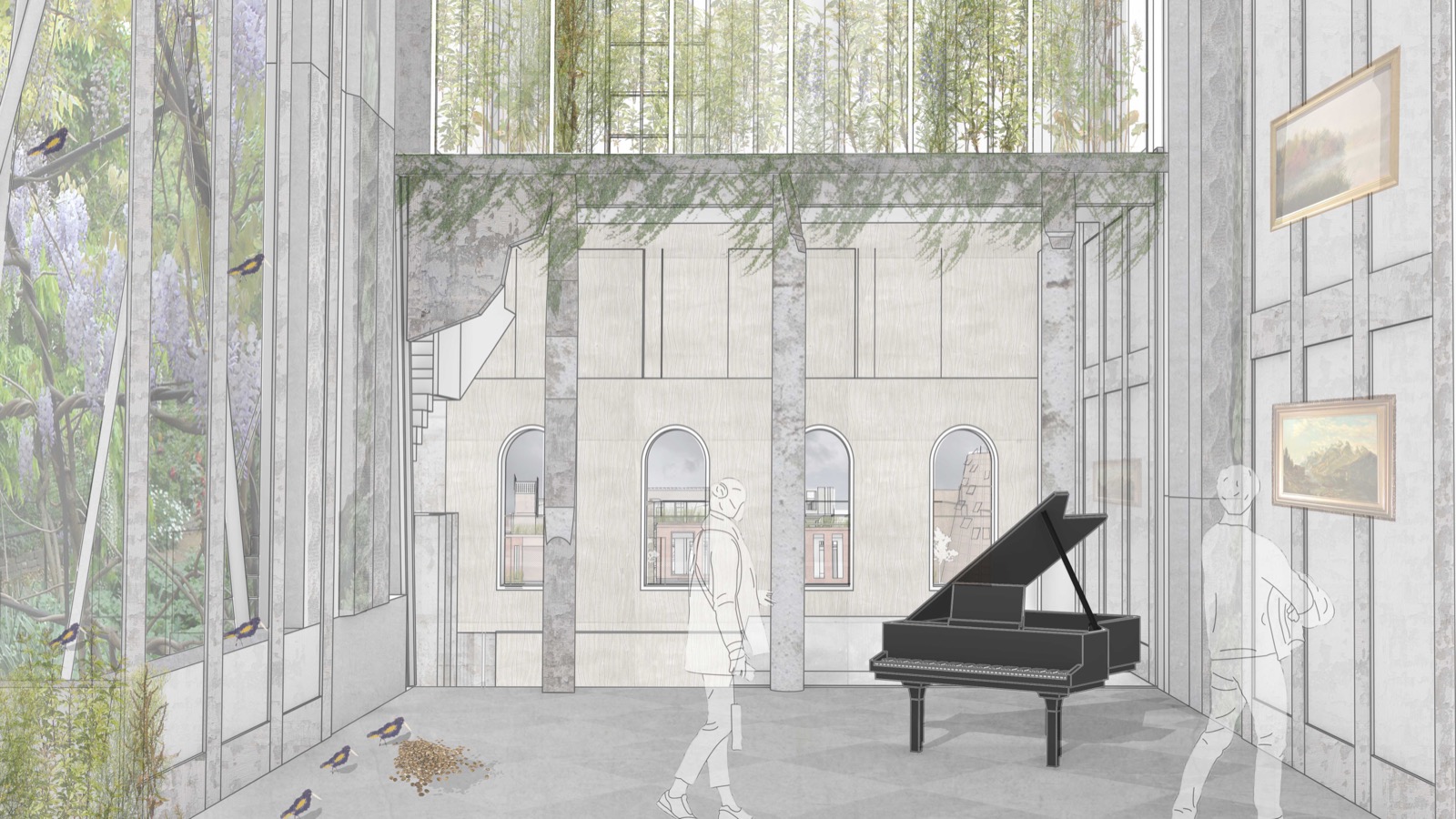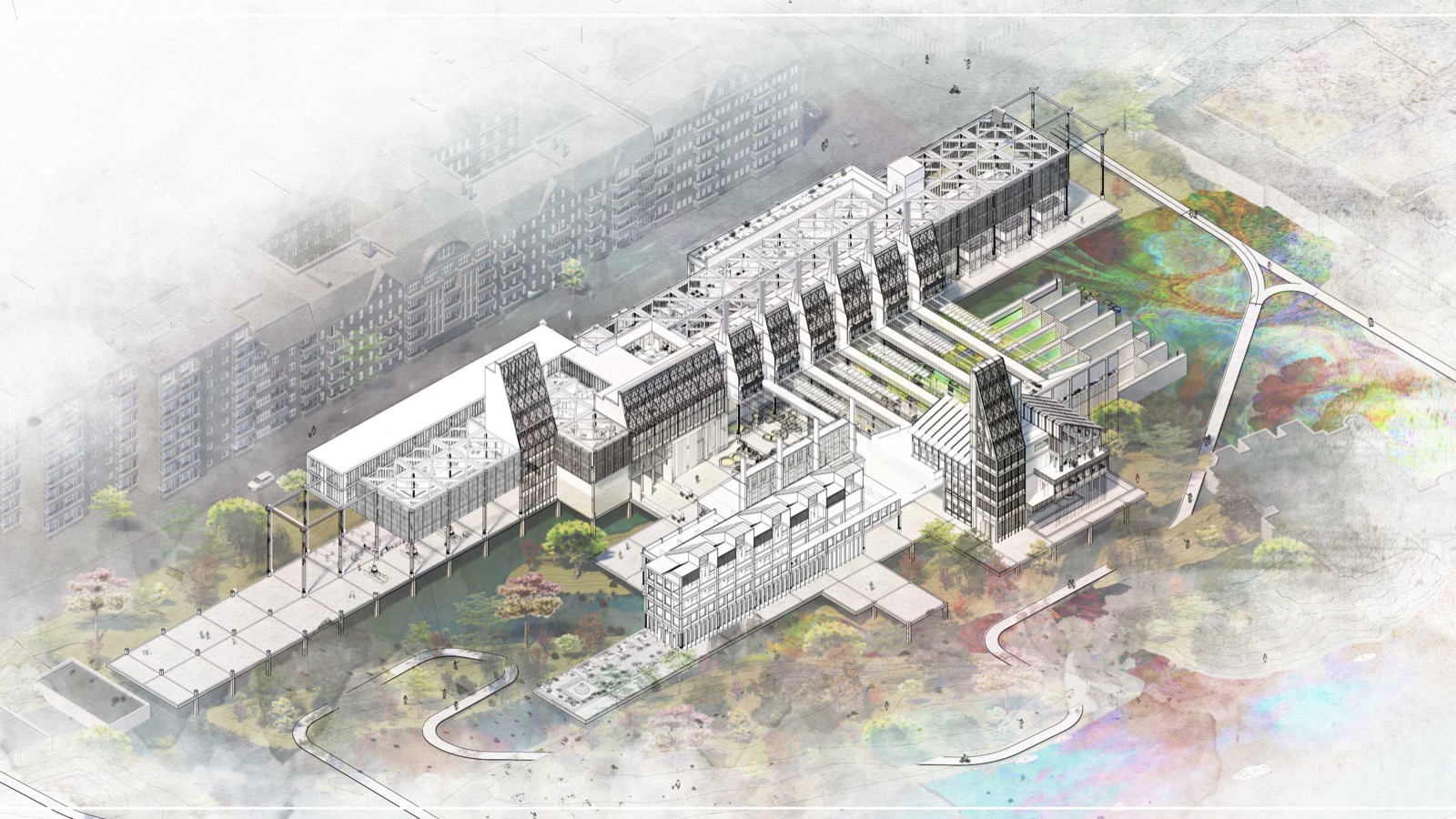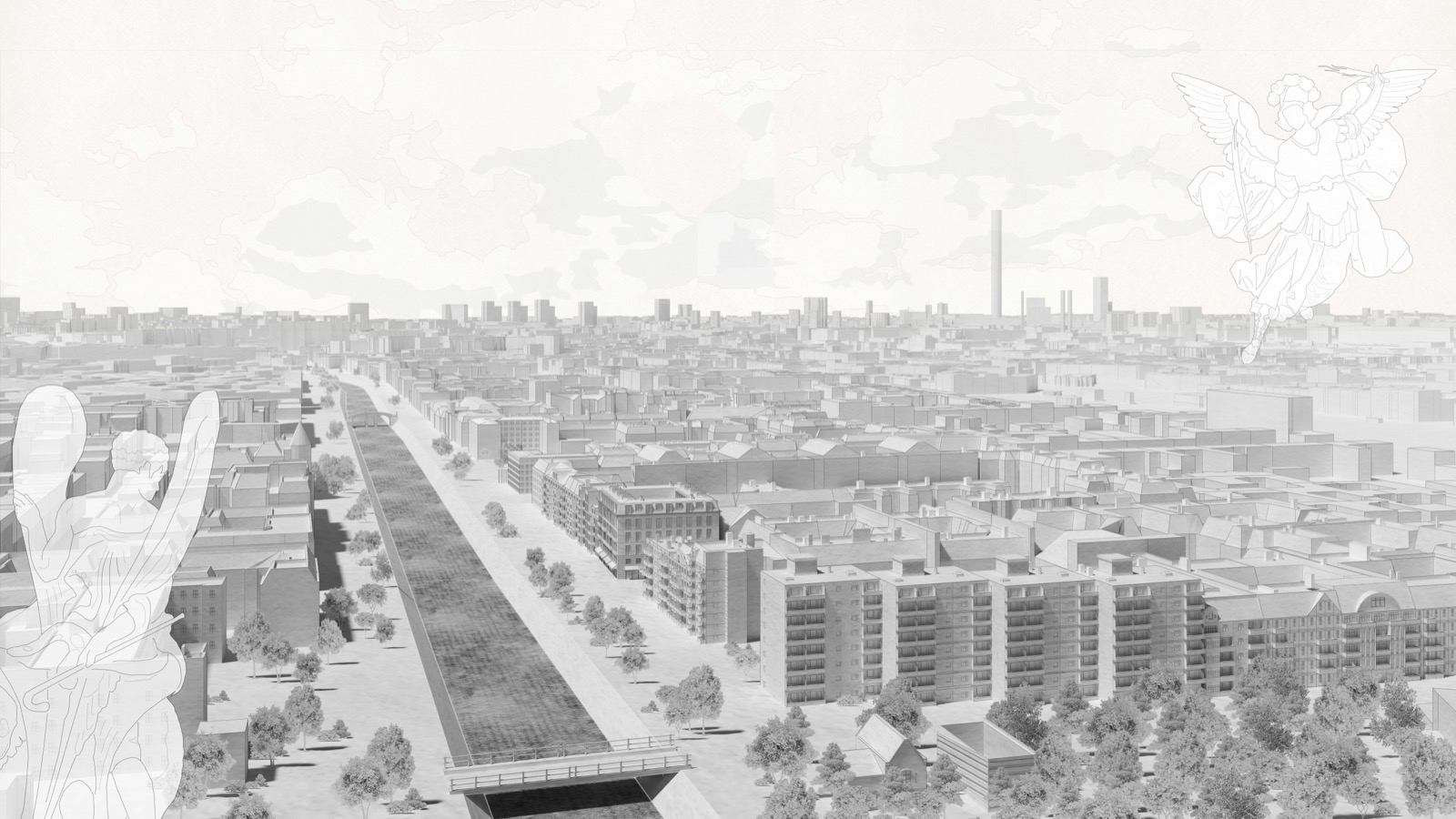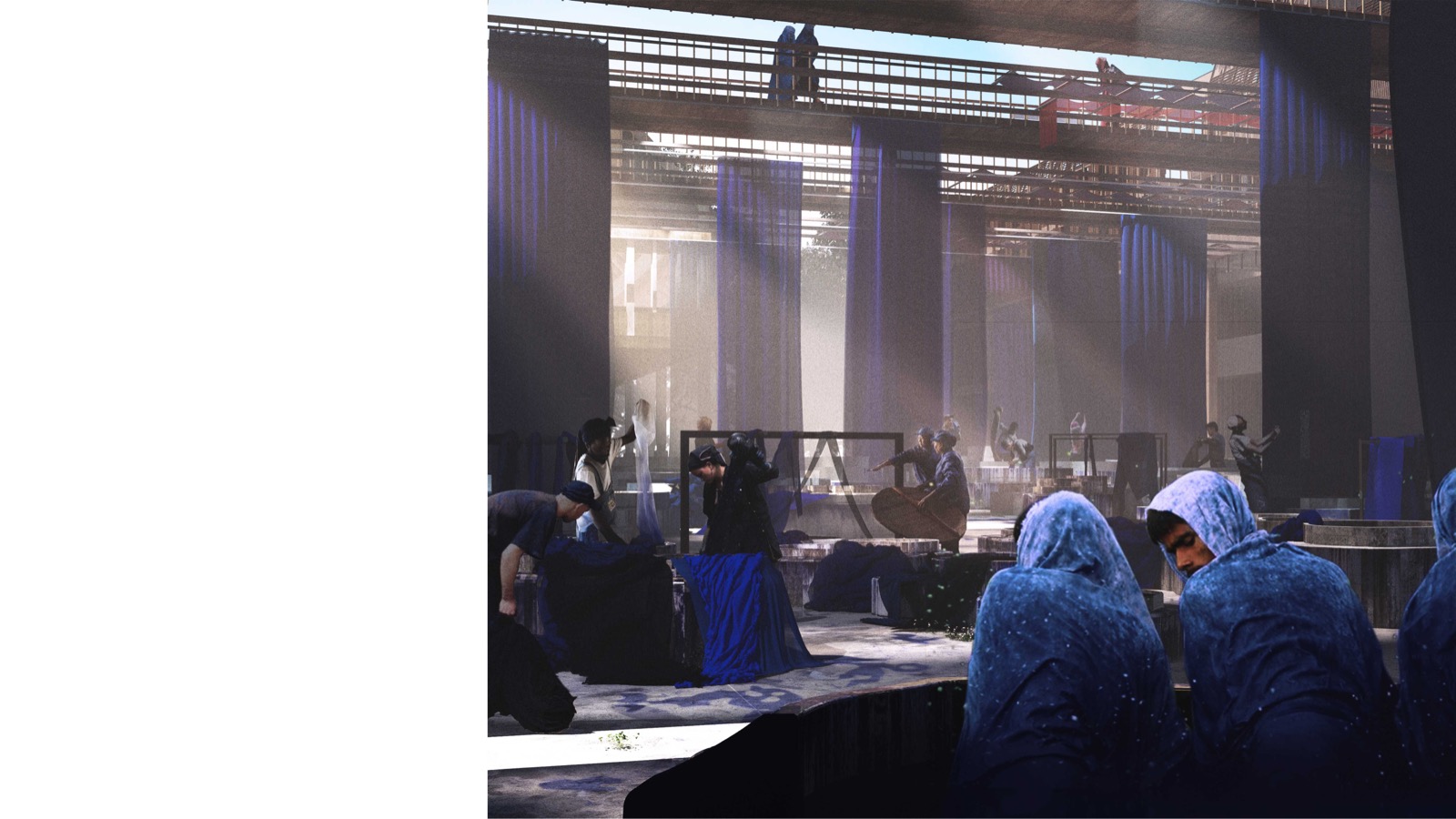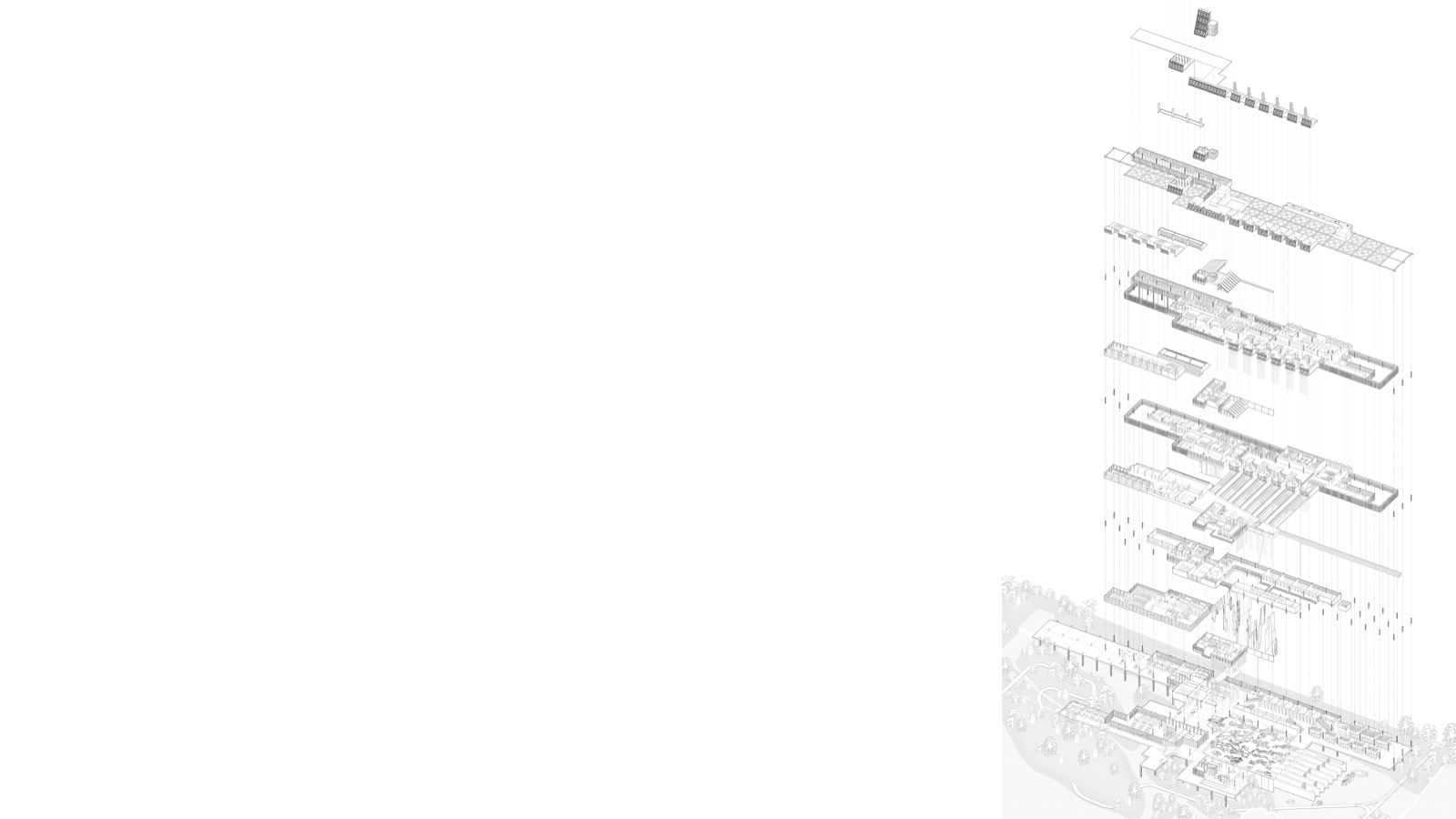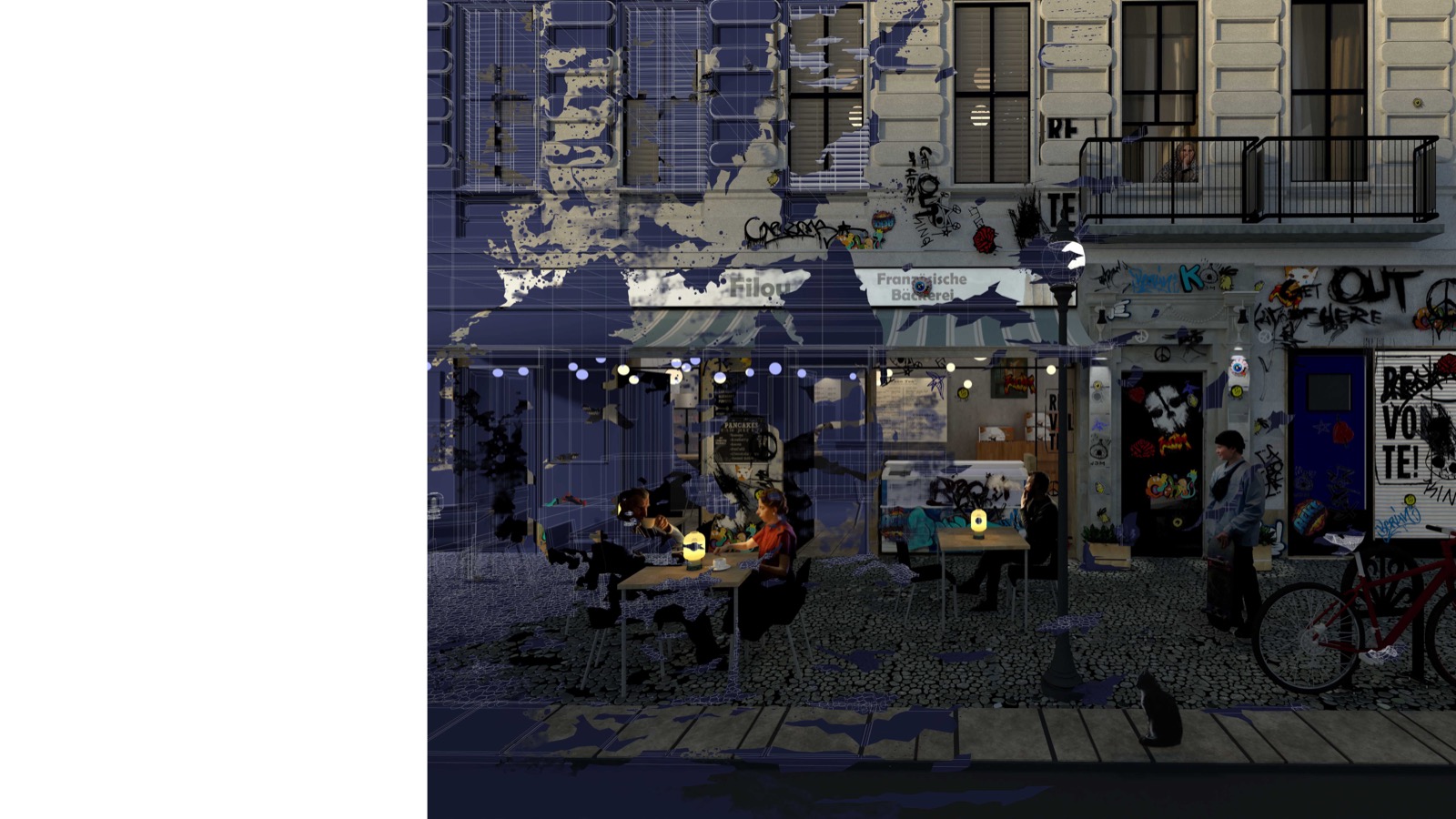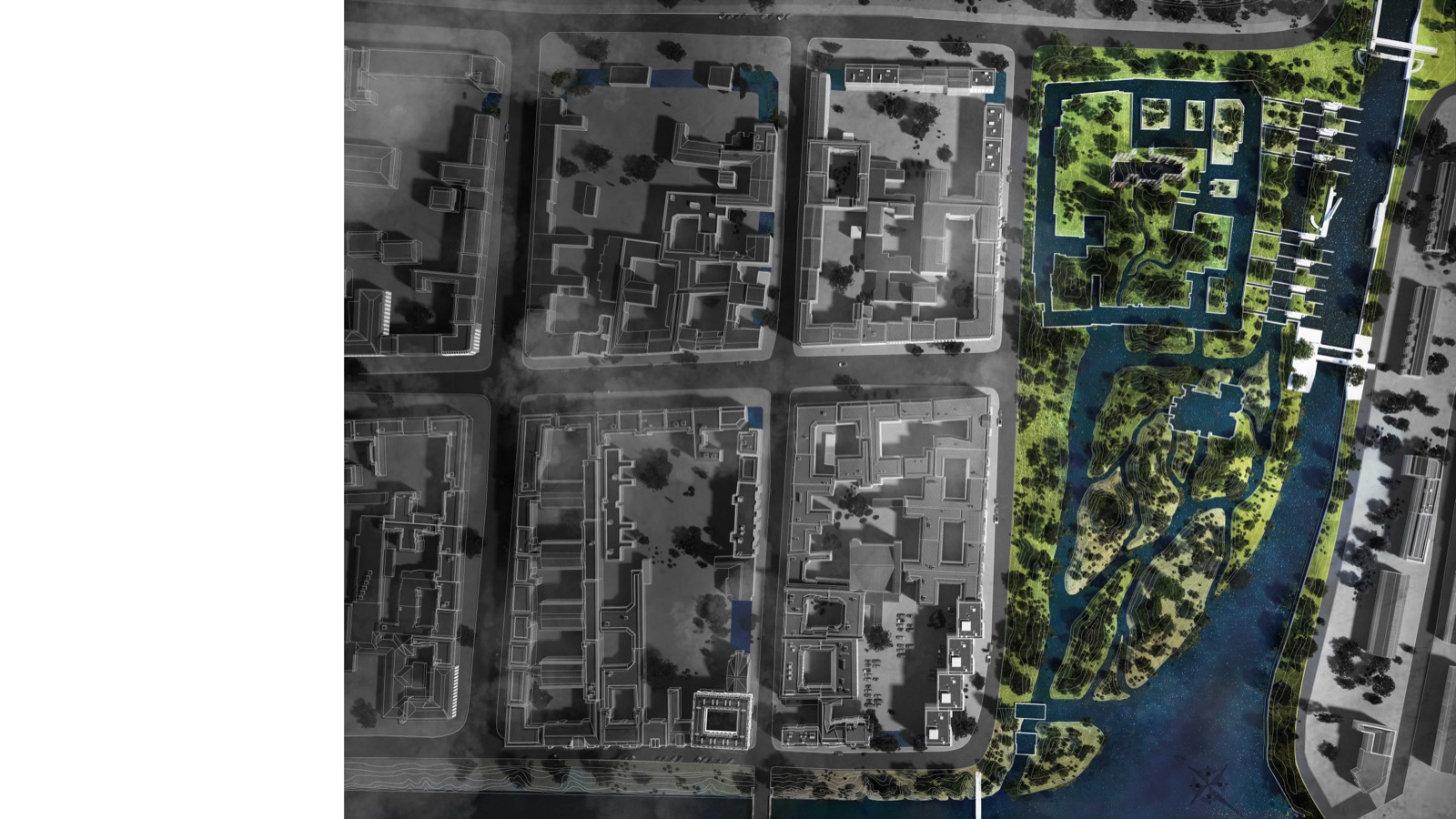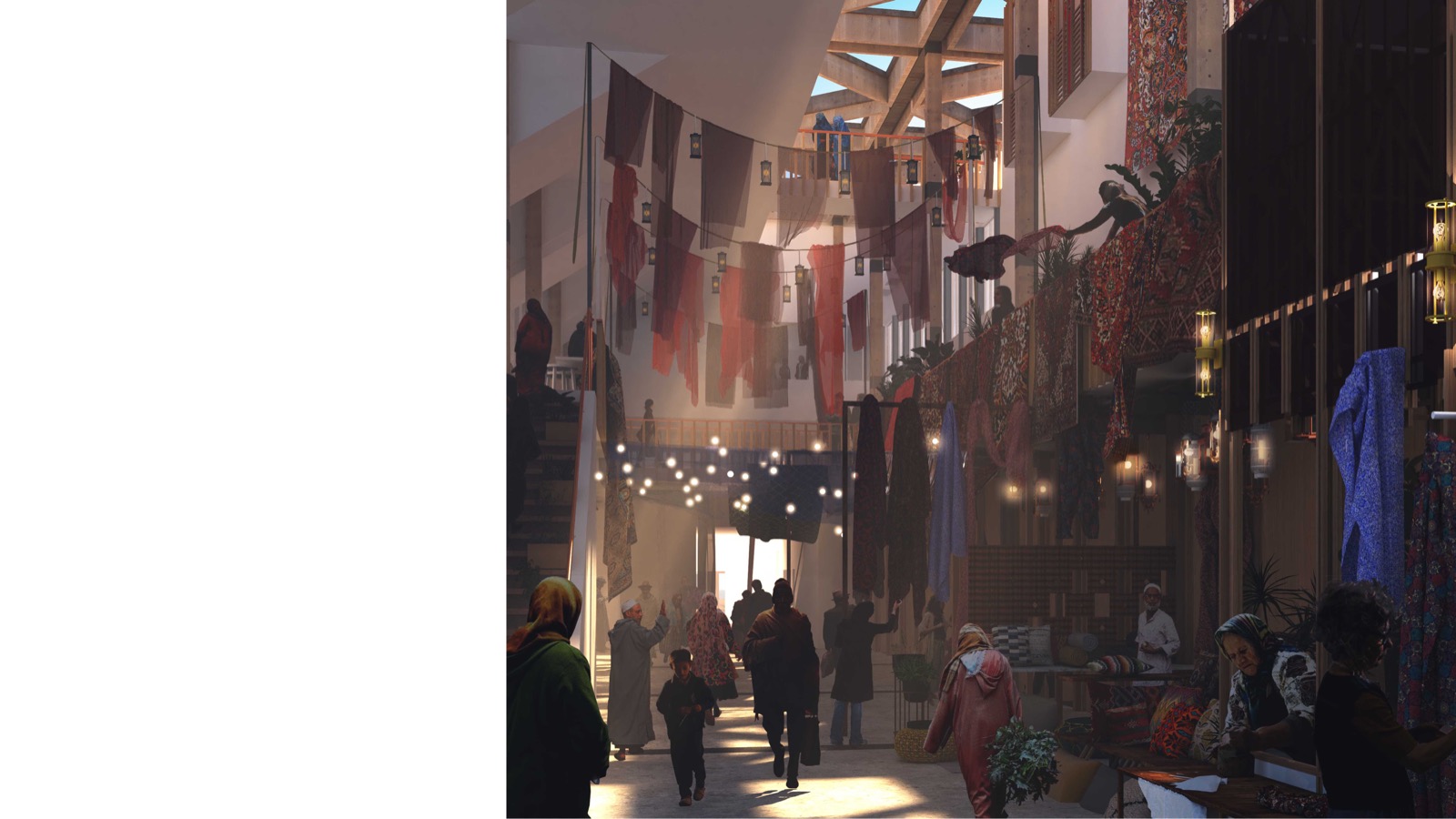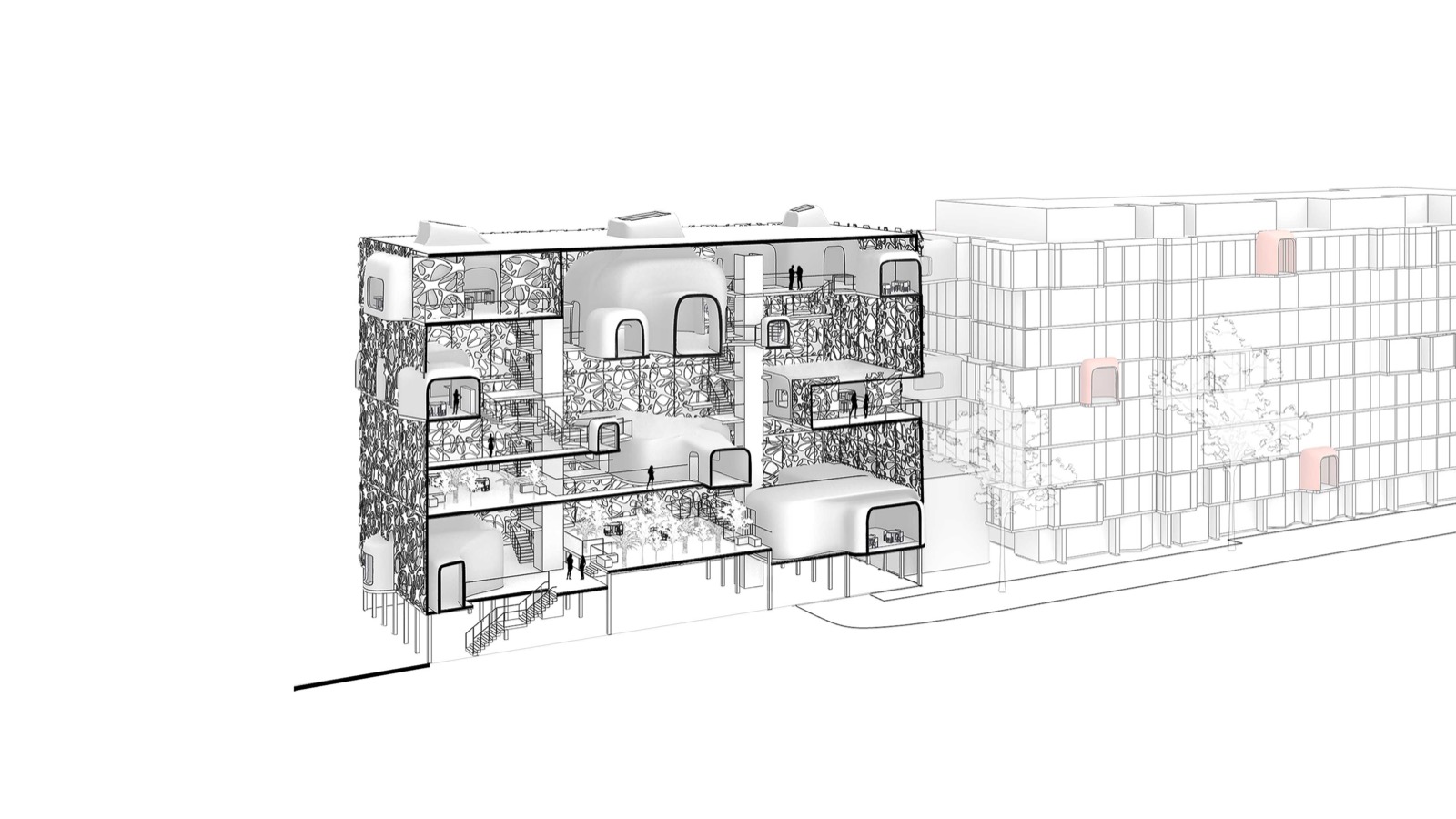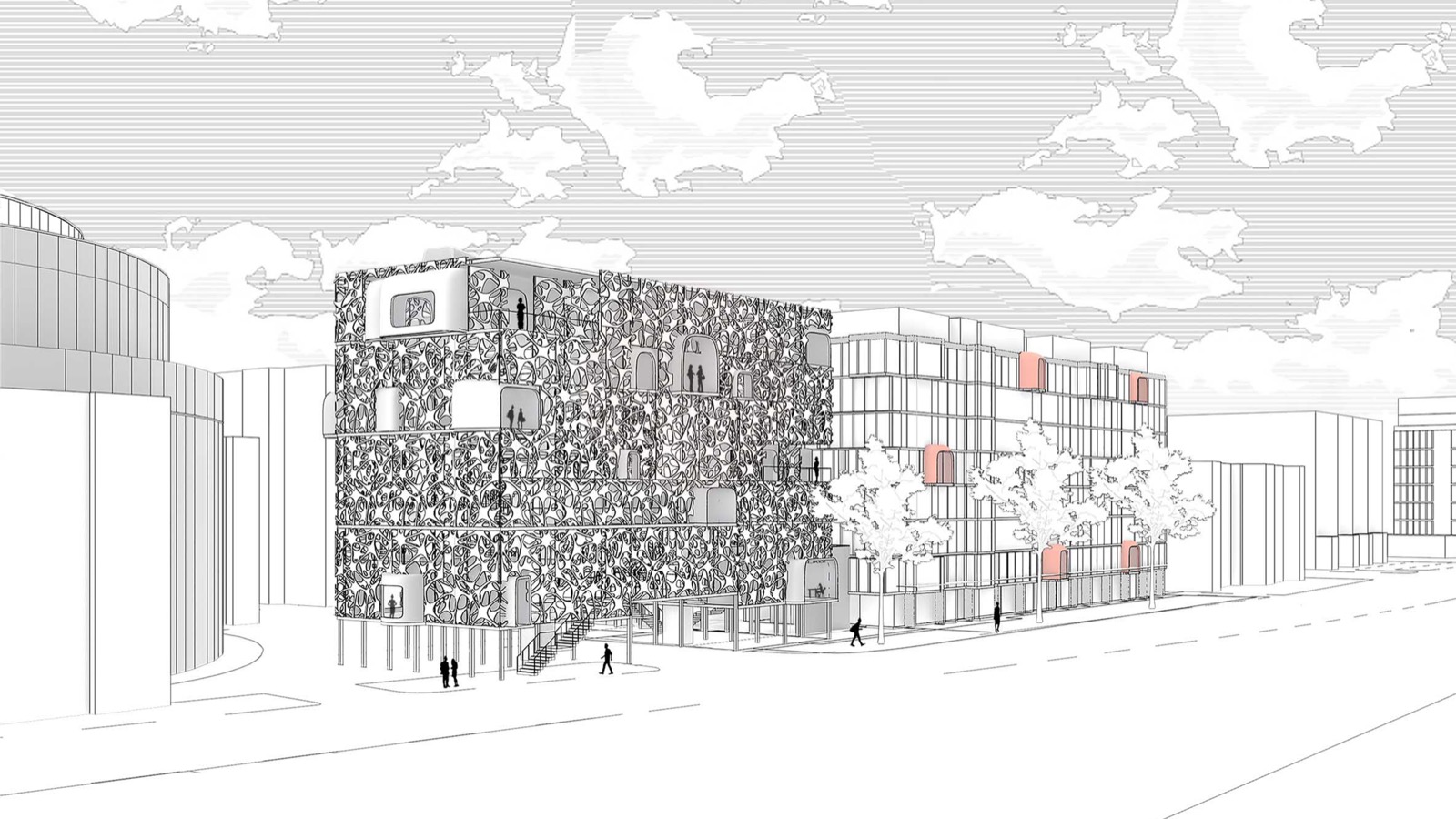Design Studio 22 ARCHIVE
Tutors: Nasser Golzari and Yara Sharif
Nasser Golzari and Yara Sharif are practicing architects and academics. Their work stretches between the UK and the Middle East, where they mainly look at design as a mean to facilitate and empower communities; all in search for spatial possibilities. Their design projects have won a number of awards including the 2016, 2013 RIBA President’s Award for Research, 2013 Aga Khan Award for Architecture, and 2014 Holcim Award for Sustainable Construction.
This year DS22 invites you to radically rethink our way of living beyond the limitations of our private homes. We want to envision Resilient Collectives that can challenge the status of our current isolation and increased disconnection from our surrounding. We want to offer new models of inhabiting the city; ones that promote solidarity, participation and collective act. Ones that start from home and expand to include the street, the neighbourhood and the ‘invisible other’.
While we were in the middle of an emergency crisis to address Covid-19 and its consequences of long-term lockdown, we did not realise that our computers slowly became an extension of ourselves and our homes. We were expected to be available for work anytime using different platforms; from Team, to Zoom, Skype, Google Hangout, Blackboard Collaborate, and the list goes on… Work imposed itself on the intimate and delicate structure of our home.
Some call this ‘the extreme of modern-day slavery’ where the living room, the bedroom and the kitchen worktop are all becoming an extension of a machine of production that dominates our everyday rituals, introducing new ways to narrate our life. The danger in normalising this extreme way of living lies in promoting exclusion and hence, in alienating us even further from our surrounding and the city that was once a space of interaction.
This current intrusion to our way of living is not a sudden one; many argue that it is a mirror of our current fractured city which serves a contemporary system concerned in accumulating profit beyond public interest. The privatisation of space and land has resulted in a shrink and squeeze of the collective space in favour of the private. It has slowly invaded to reach our neighbourhoods, streets, homes — and ourselves — to create social and spatial segregation.
The Shrinking City: A Resilient Collective for the ‘Invisible Other’
In this machine-like city what appears to suggest ‘comfort and leisure’ of our private apartments, is in fact taking away from participation, family, solidarity and cultural diversity, towards absolute individualism, production and accumulation. In the current fractured city, the rich take the river views, while the others are pushed outside the line. The space of the single mother, the homeless, the unemployed and the care worker, is lost. Politics and economy are slowly shaping generic repeated forms, rendering us as ‘invisible others’ and erasing the richness of our cultural diversity.
While Covid-19 has exposed the current absurdities, it equally opened up possibilities to re-read and re-inhabit our cities with a new perspective. The lockdown has made our streets, neighbourhoods, offices and work spaces – ‘voids’ open for reinterpretation, available for re-appropriation and change. Equally, the return of the birds, the sound of children reclaiming the streets, the sense of solidarity and neighbourly spirit and the healing of our eco system, all suggest that the change for a better world can be possible if there is a change in our way of living and a collective act and a will to cultivate change.
In light of the above, we want to radically rethink our cities and way of living. We ask you to envision Resilient Collectives that can challenge the status of our current isolation and increased disconnection from our surrounding. We would like to reclaim our right to the city suggesting alternative spatial and architectural interventions. Ones that break away from the enclosure of our walls and expand to include the street and the neighbourhood.
We will target the margin and the void spaces as potential sites of reclamation. We will look for the ‘Invisible others’. London, Paris and Berlin will be our starting points.
Project 1: Decollage the Invasion of Home and the Shrinking City
- Working in groups you will UNPACK the intrusion to our delicate home and domestic life and its consequent impact on the social structure, the neighnouhood /the city.
- EXAGGERATE through drawings and making: the absurdities of our cities and intrusion of our life. Predict where it is going to take us.
- You can choose your own home/neighbourhood, or community/’invisible other’, you are familiar with as a mean to expose the fractured city. Or else, you can explore London: Kensington, Paris (centre vs periphery) or Berlin (East vs. West)
- We will LOOK AT CASE STUDIES with ALTERNATIVE LIVING TYPOLOGIES/and Propose a GROUP STRATEGY that builds on collective and resilient ways of living.
Project 2: The Resilient Collective
- Building on your group strategy, individuals are to write their MANIFESTO which forms the basis for project 2. You are to reimagine a new way of living proposing a Resilient Collective in the form of building/buildings. The proposed models may start from our home and expand to reach our neighbourhoods, streets and cities.
- While offering a critique to the current status of isolation, you are to exaggerate, amplify and subvert these cities to draw attention to the realities there and offer new imaginary scenarios of change that can provoke participation and collective act. In your new Resilient Collective, exaggerate the magical wonders of the new forms of living and producing.
- We are seeking a new architectural language to reclaim our right to the city with a less exploitative way of living. One that suggests equal access to resources, softer relationship to nature, and a new spatial formation that gives meaning to our life and our neighbourhoods and homes beyond mere production. While doing so, you are to constantly shift scales; from an urban scale down to a building and the scale of the body
Site:
Second years can choose their own site of investigation for project 2. First years will stay with the group sites.
Visits | City Partners:
We will arrange a day visit to some collectives in the UK. We will also work with City Partners in London, Paris, Berlin and Cuba who will share with us readings of their cities, and some Resilient Collective examples .










